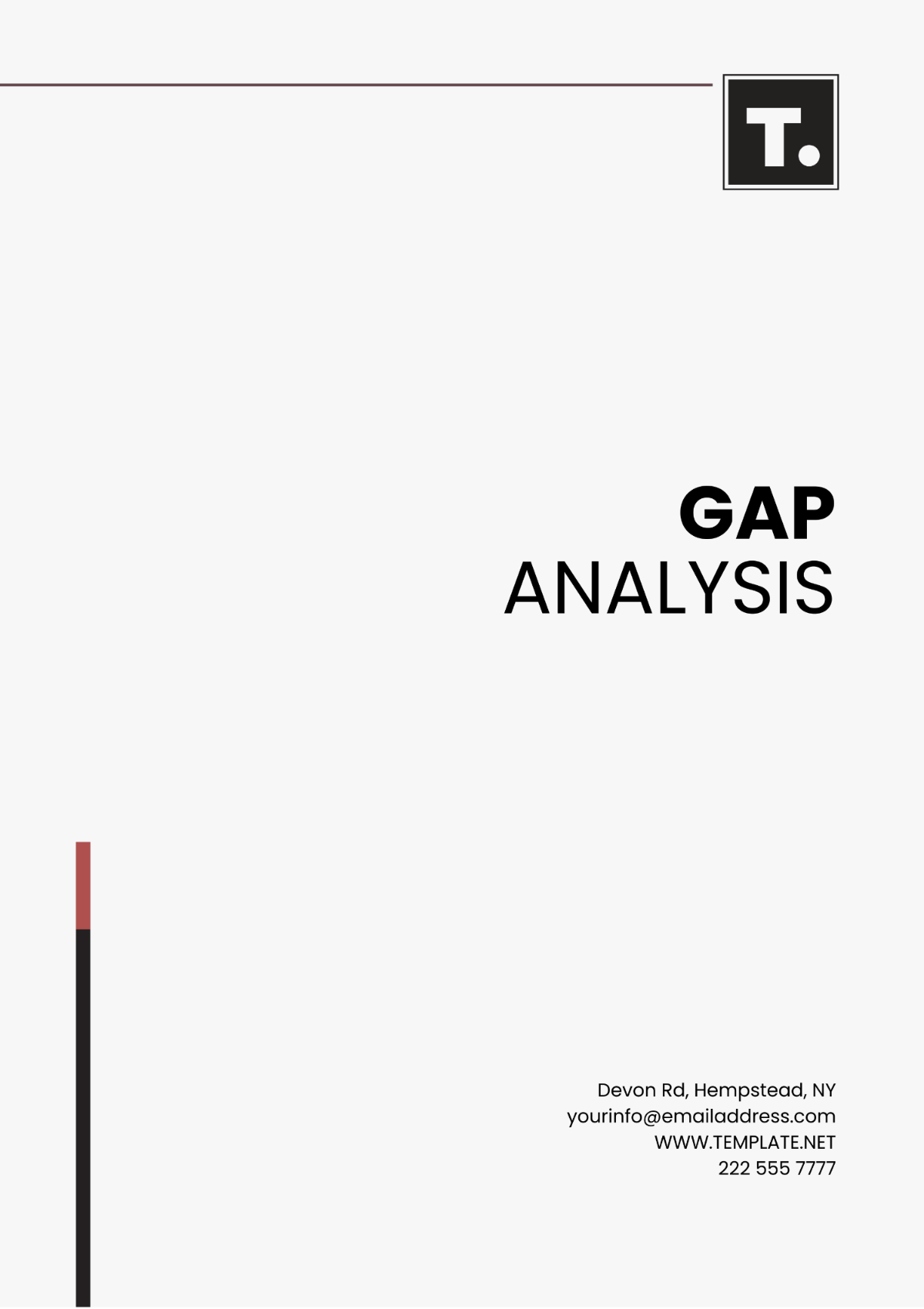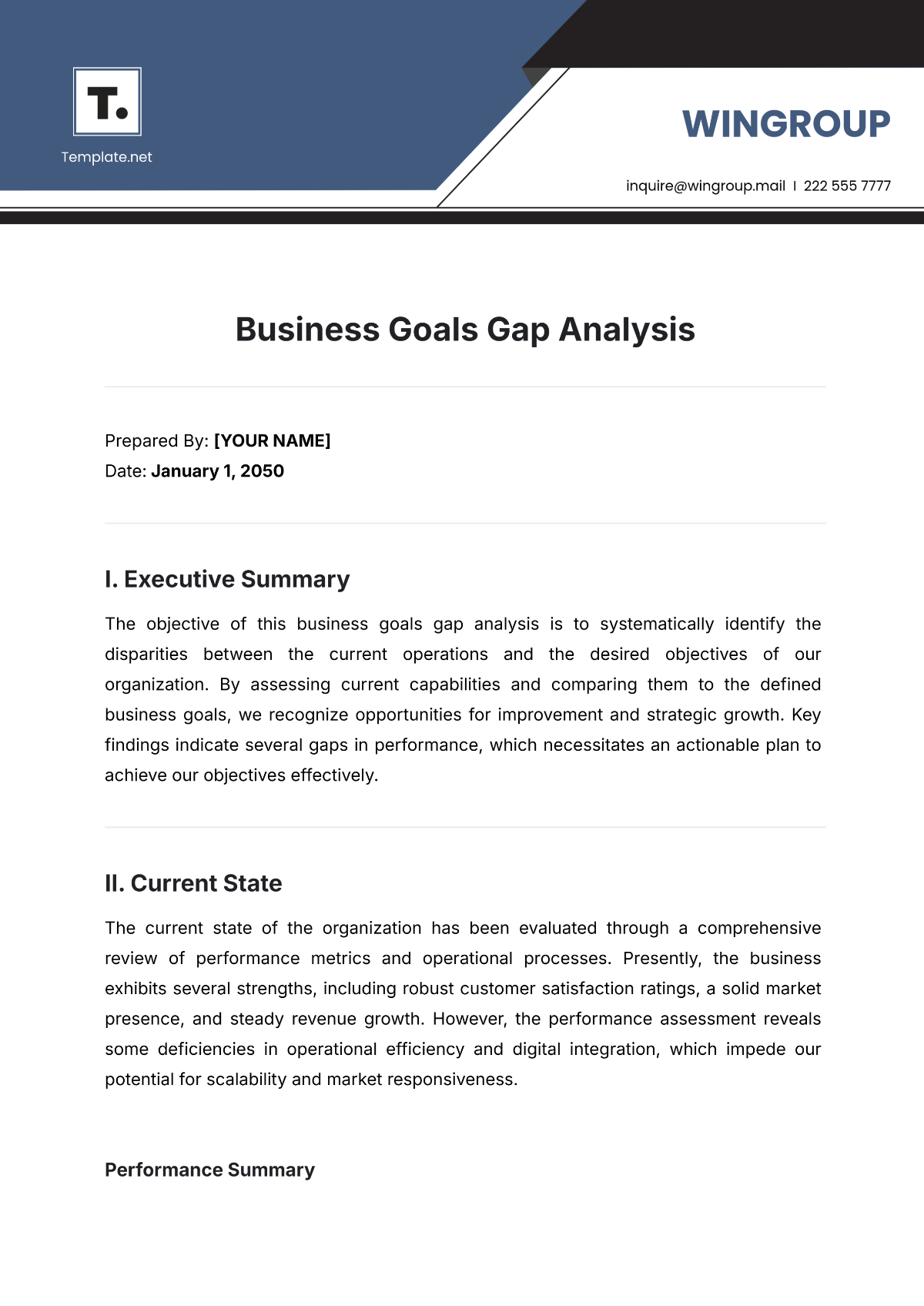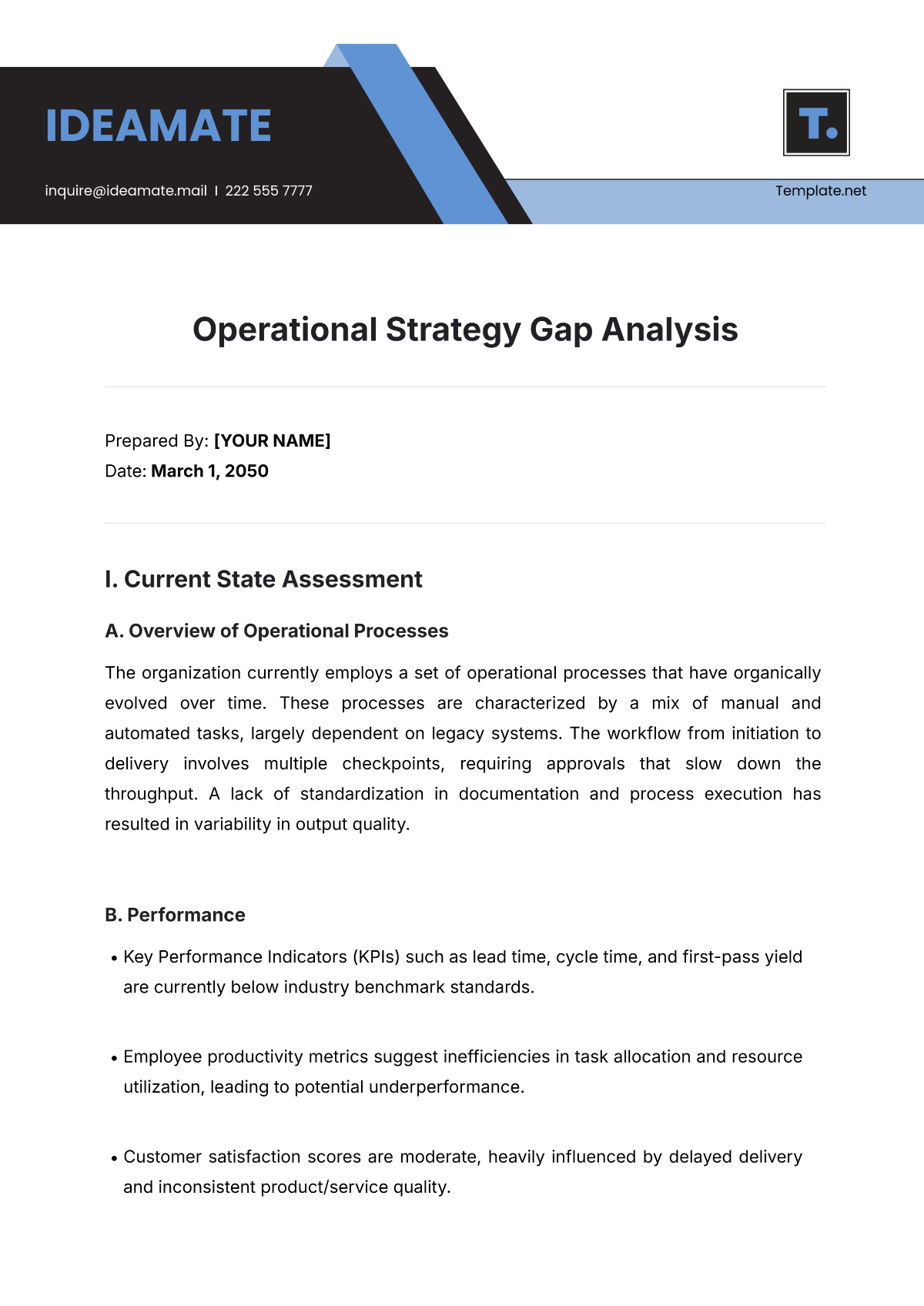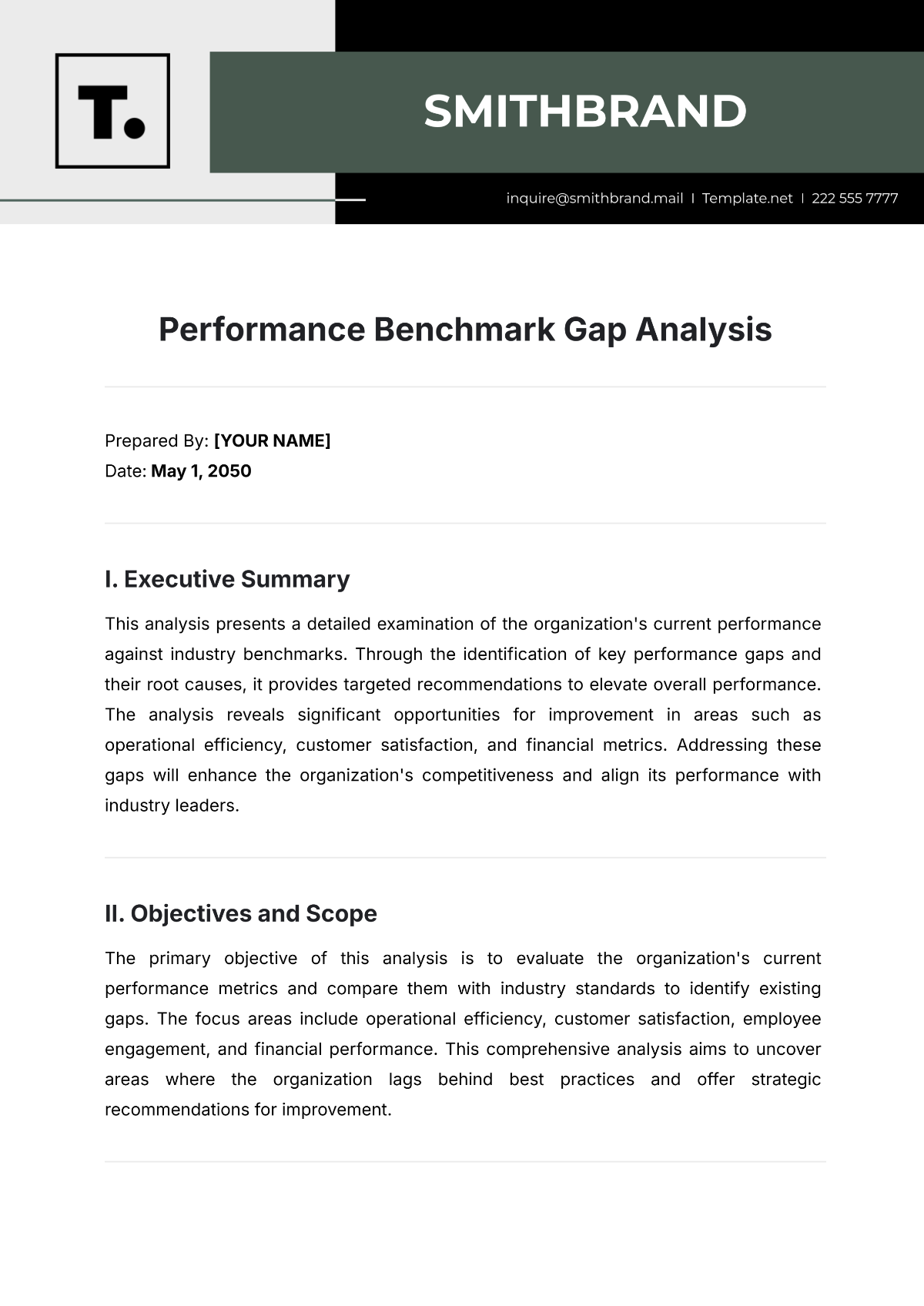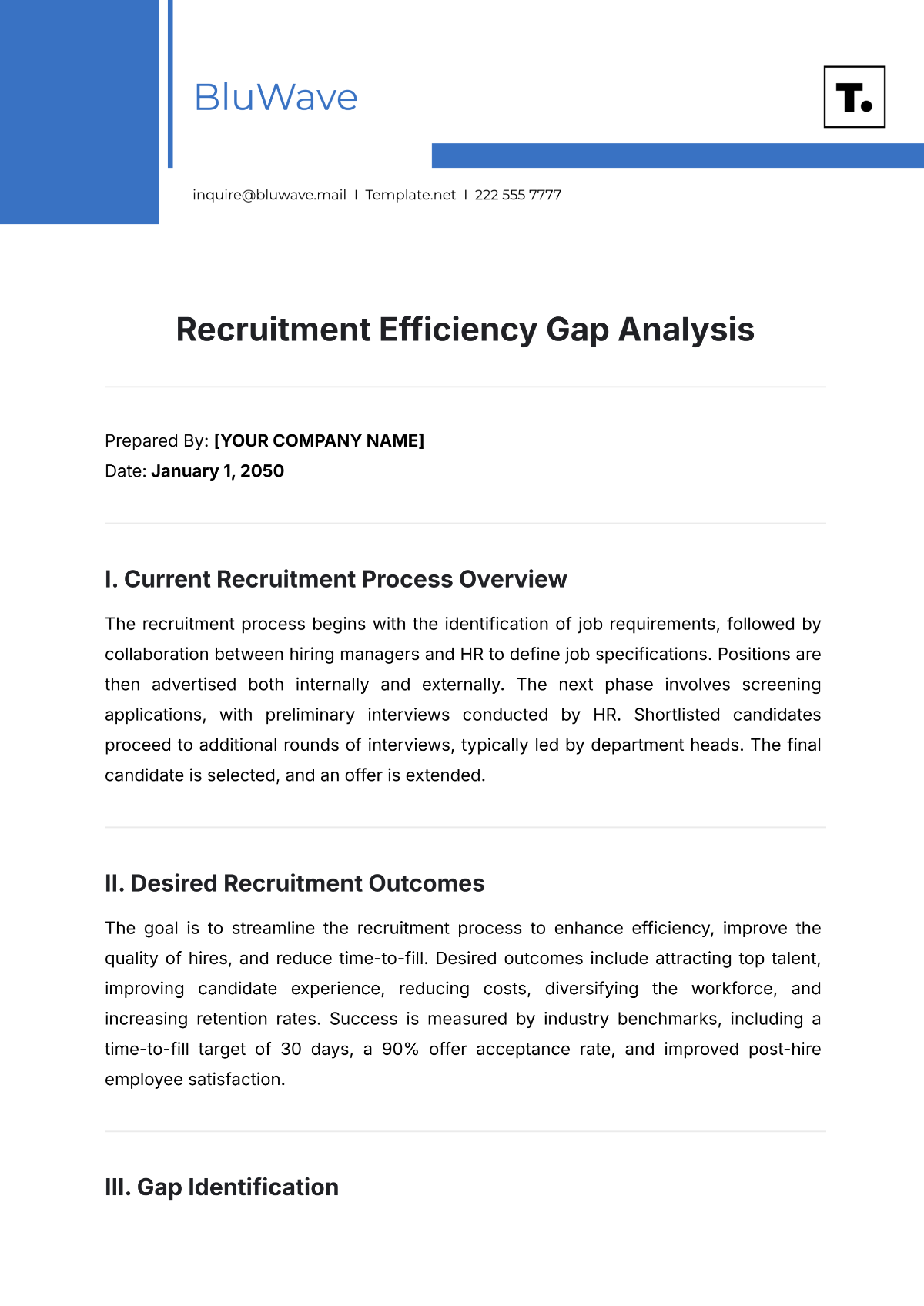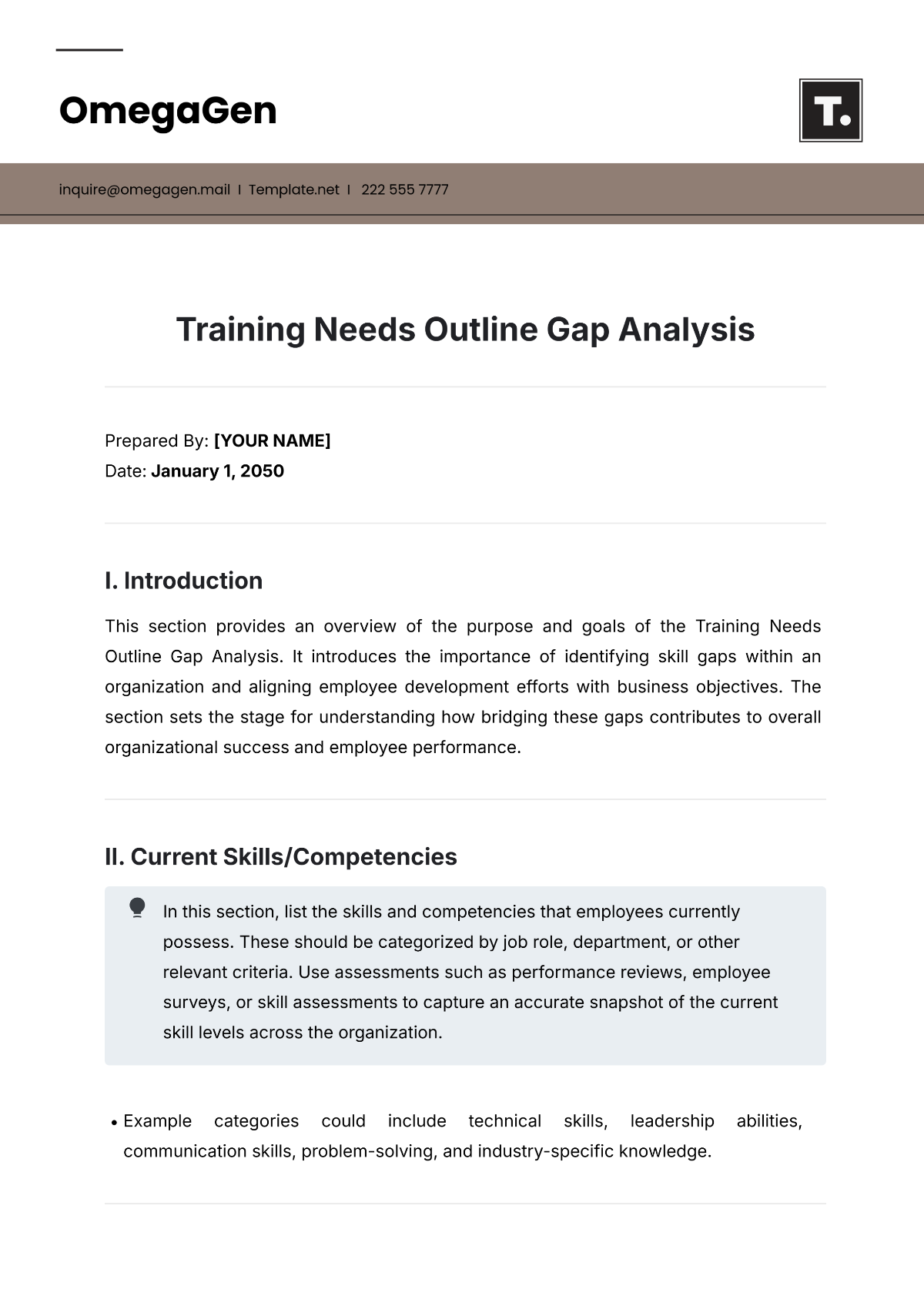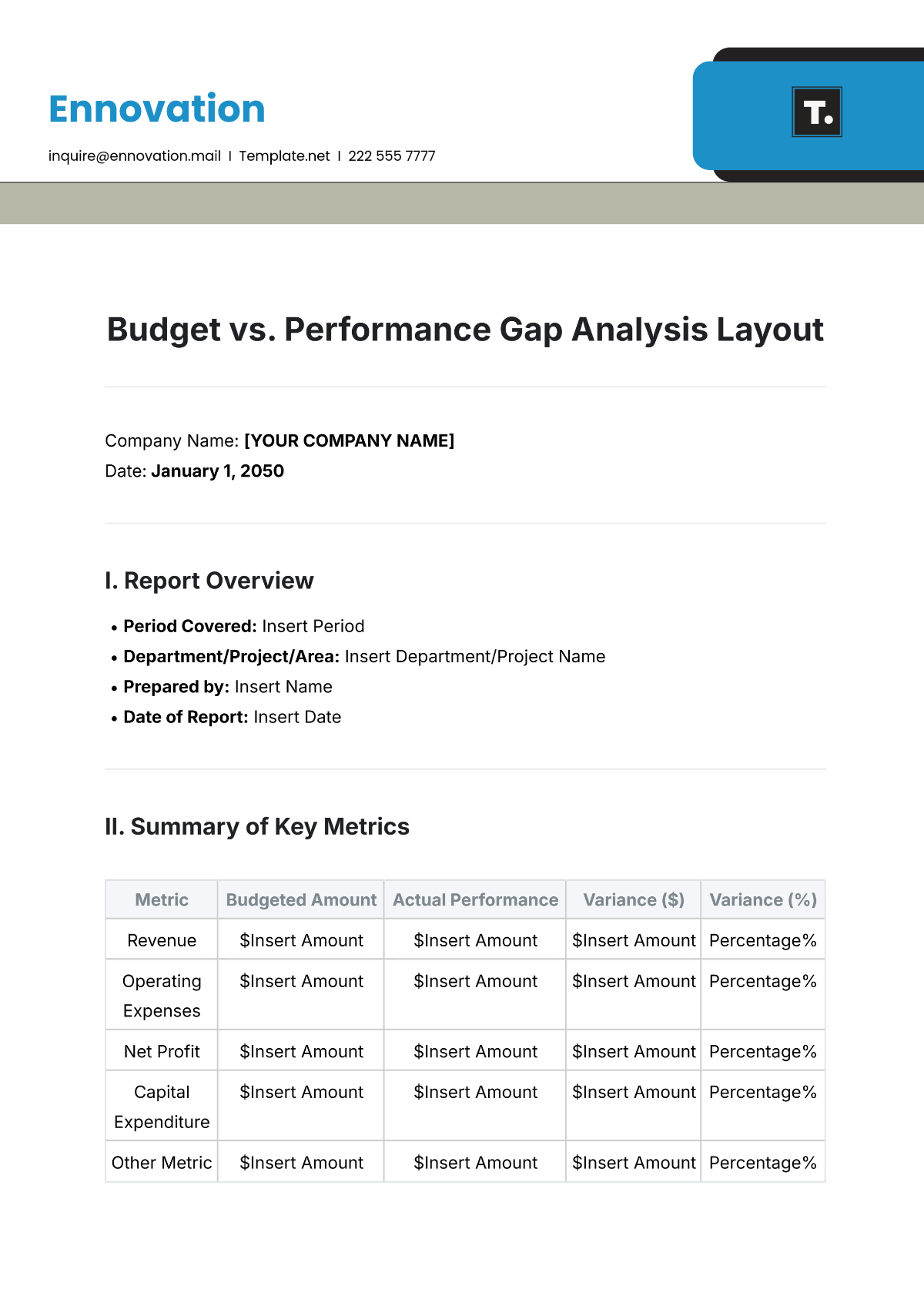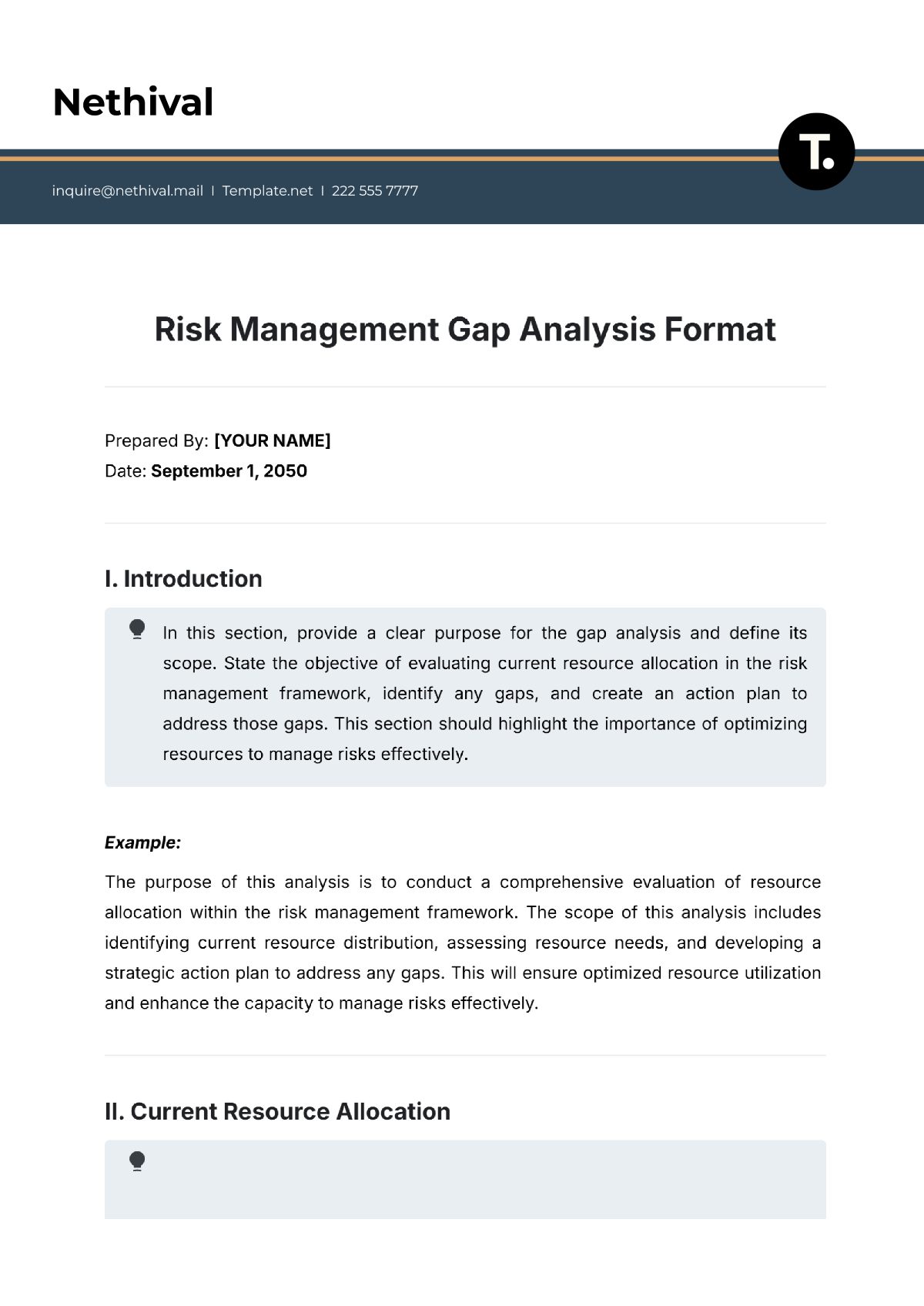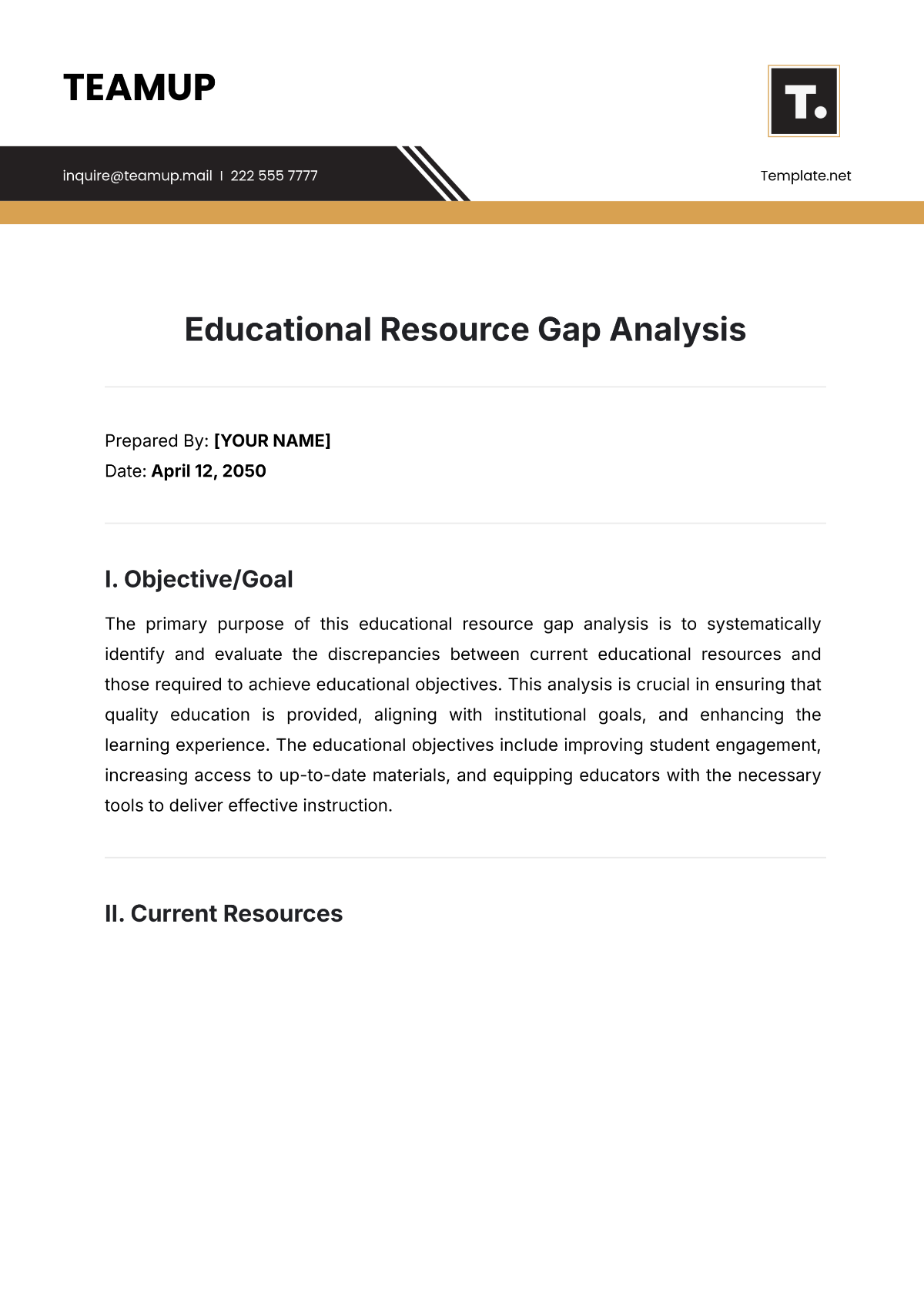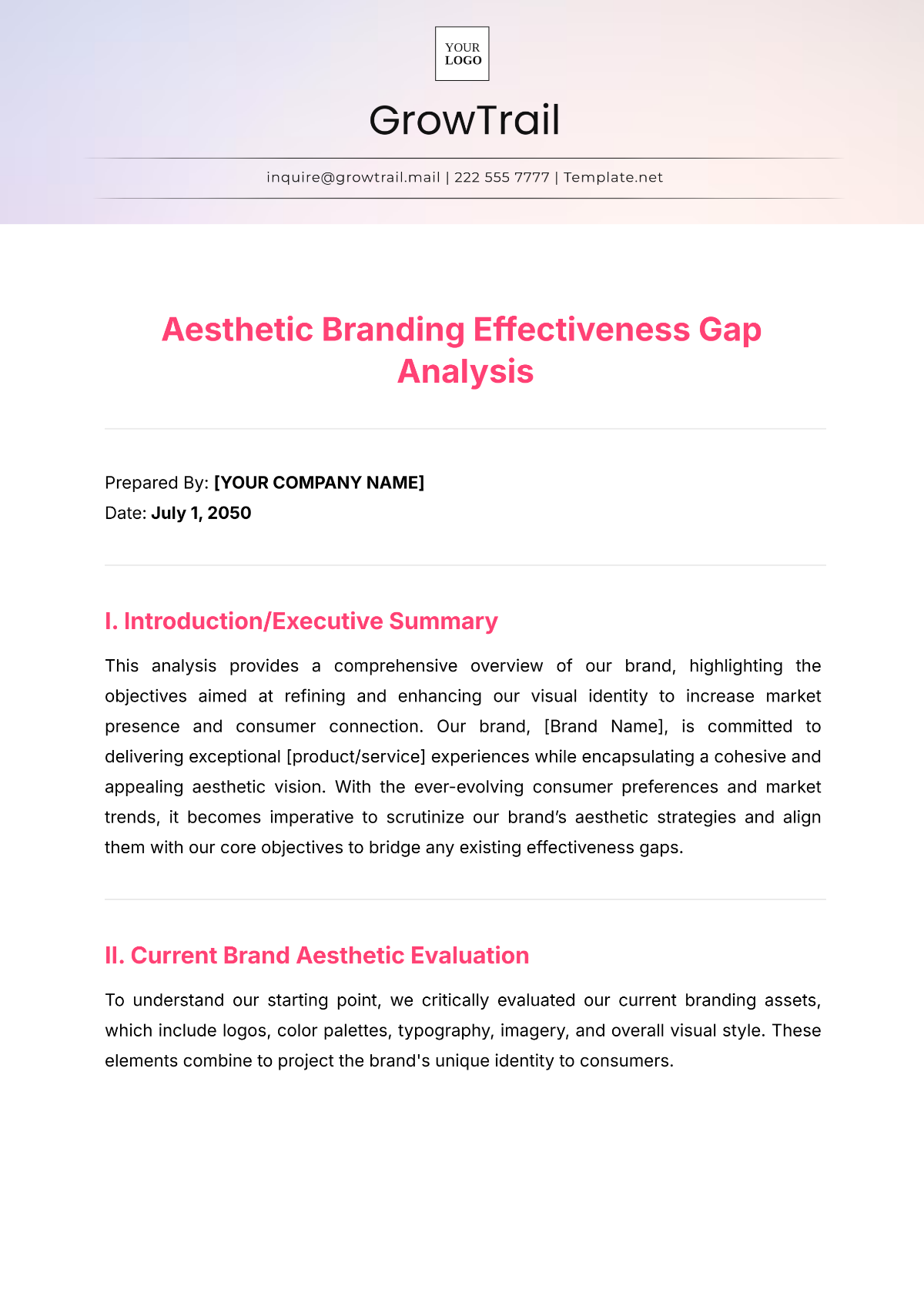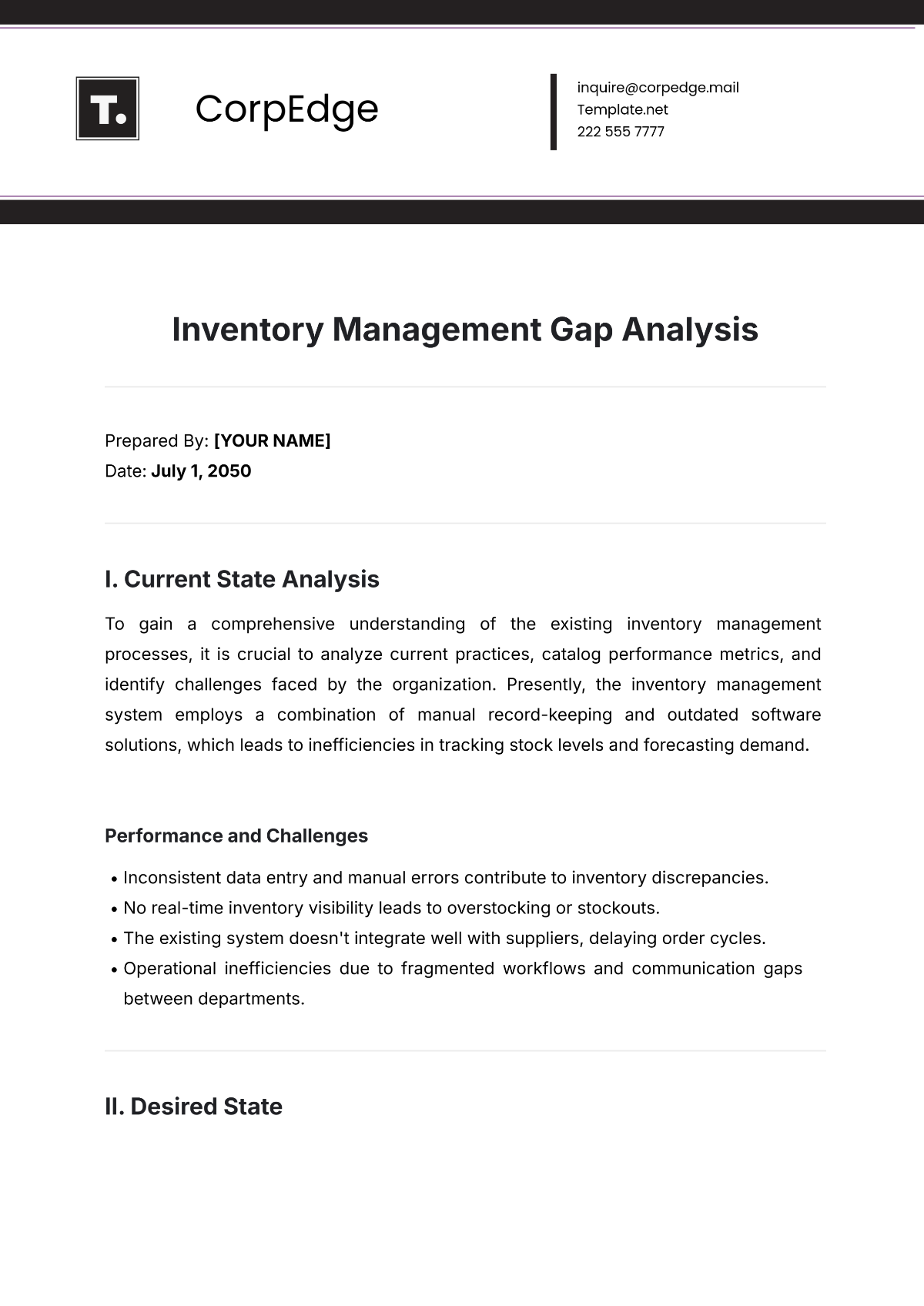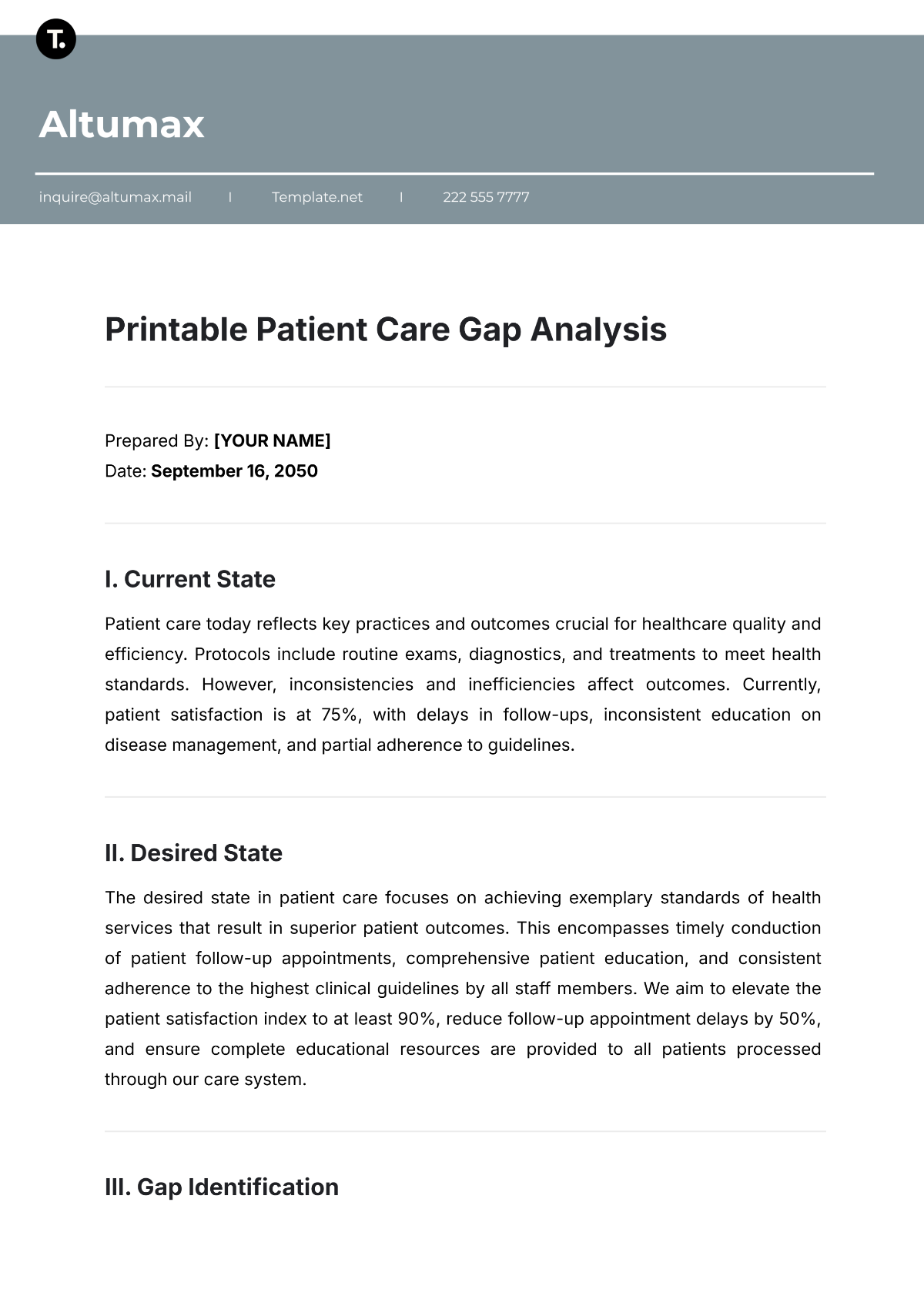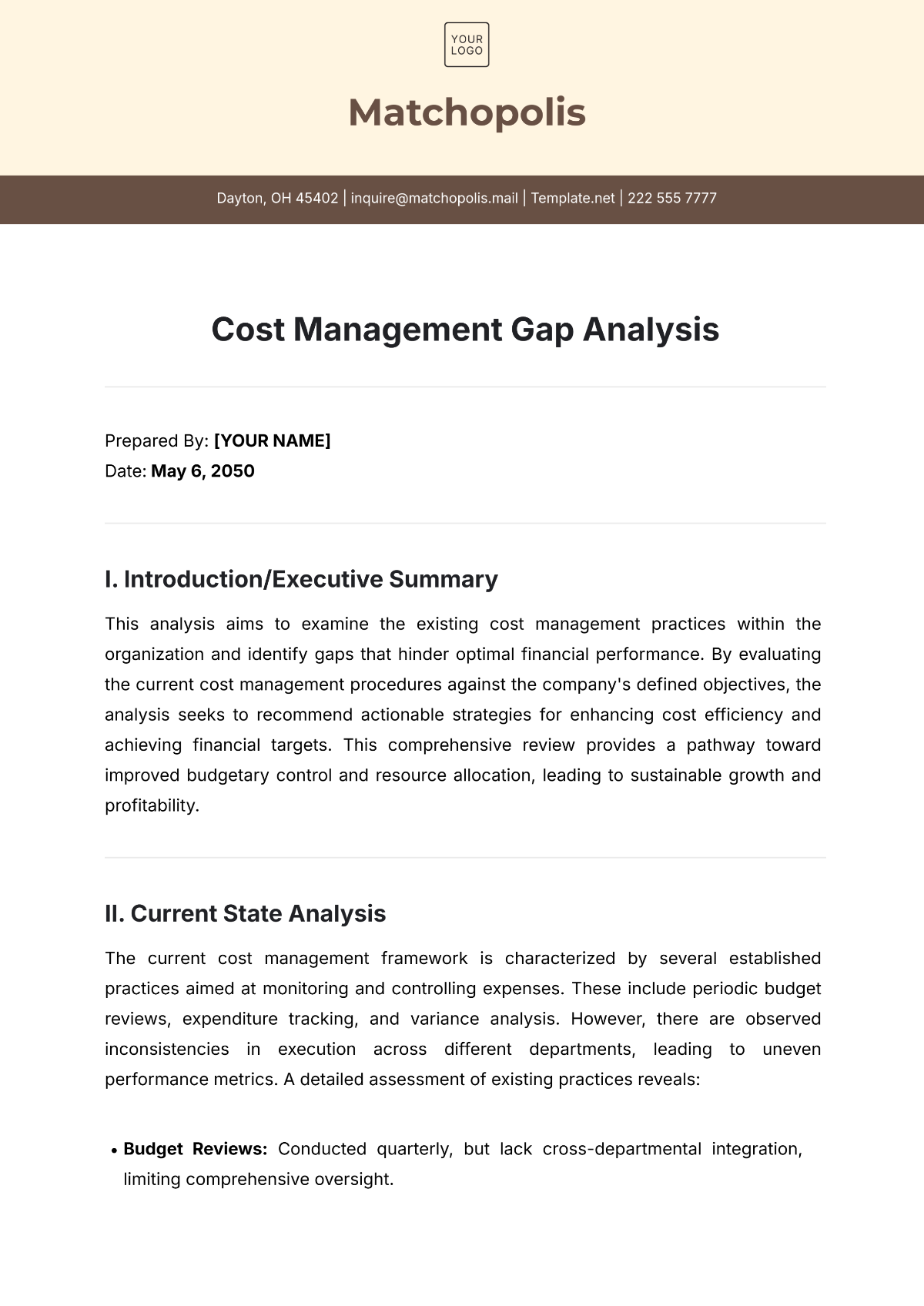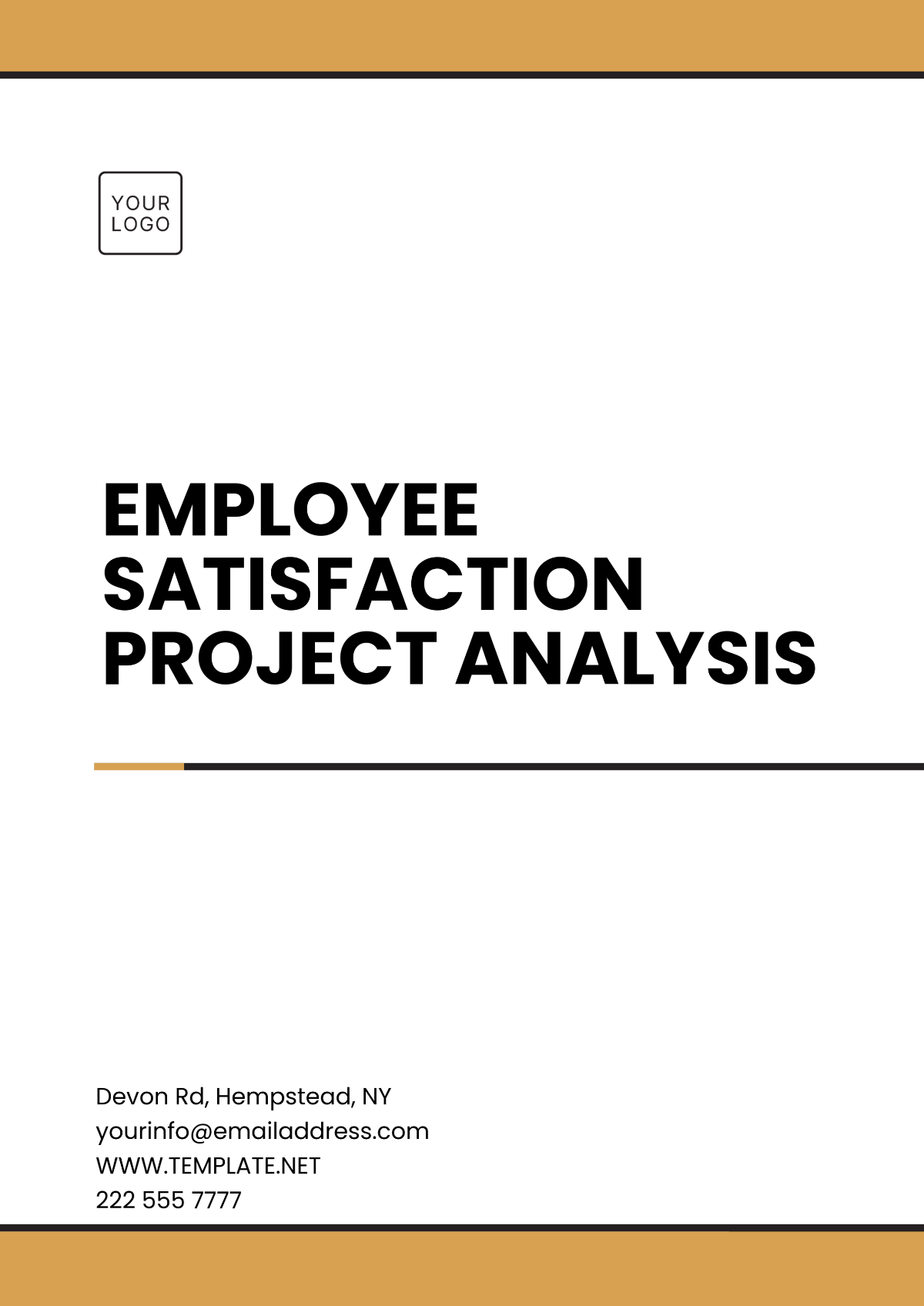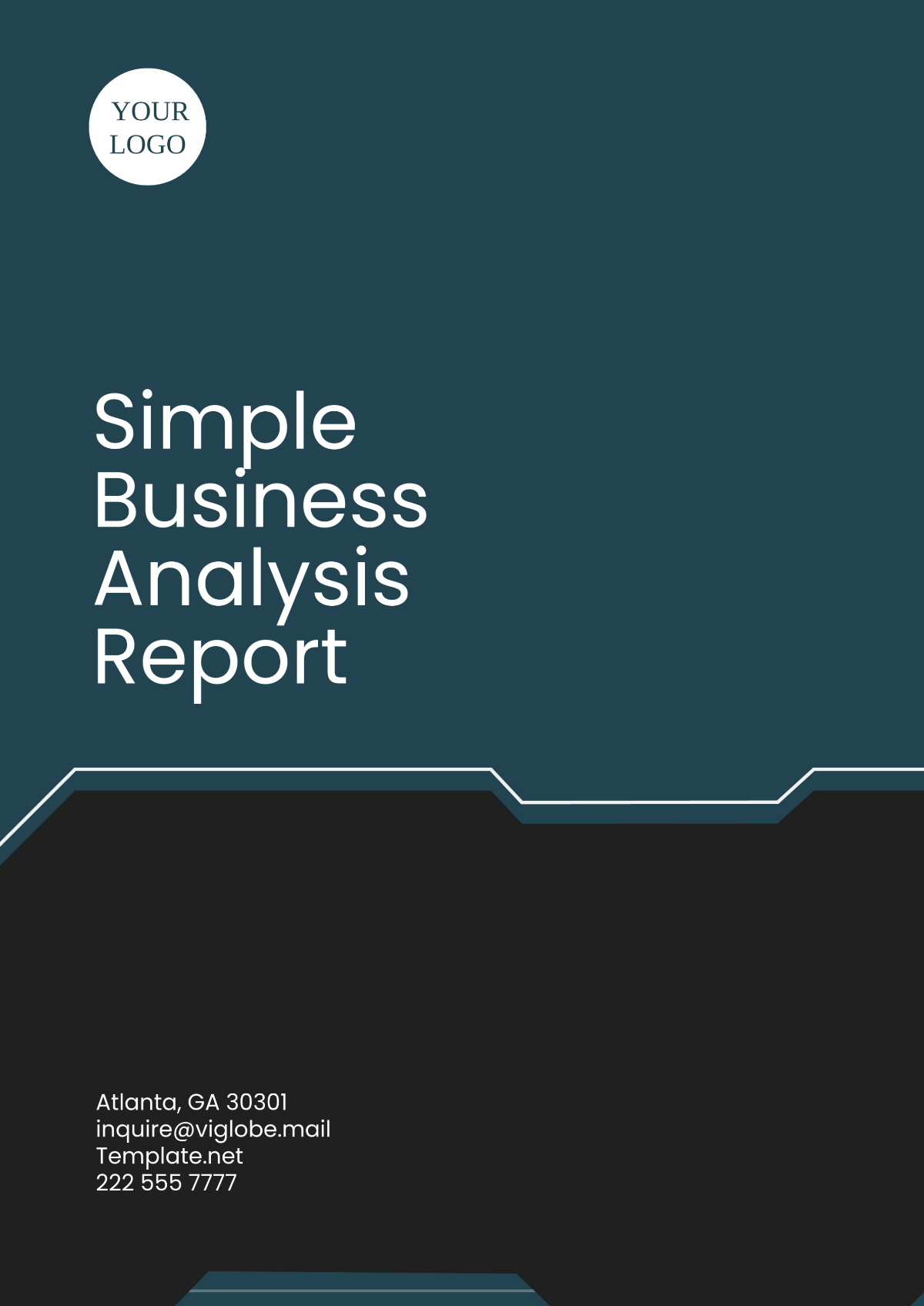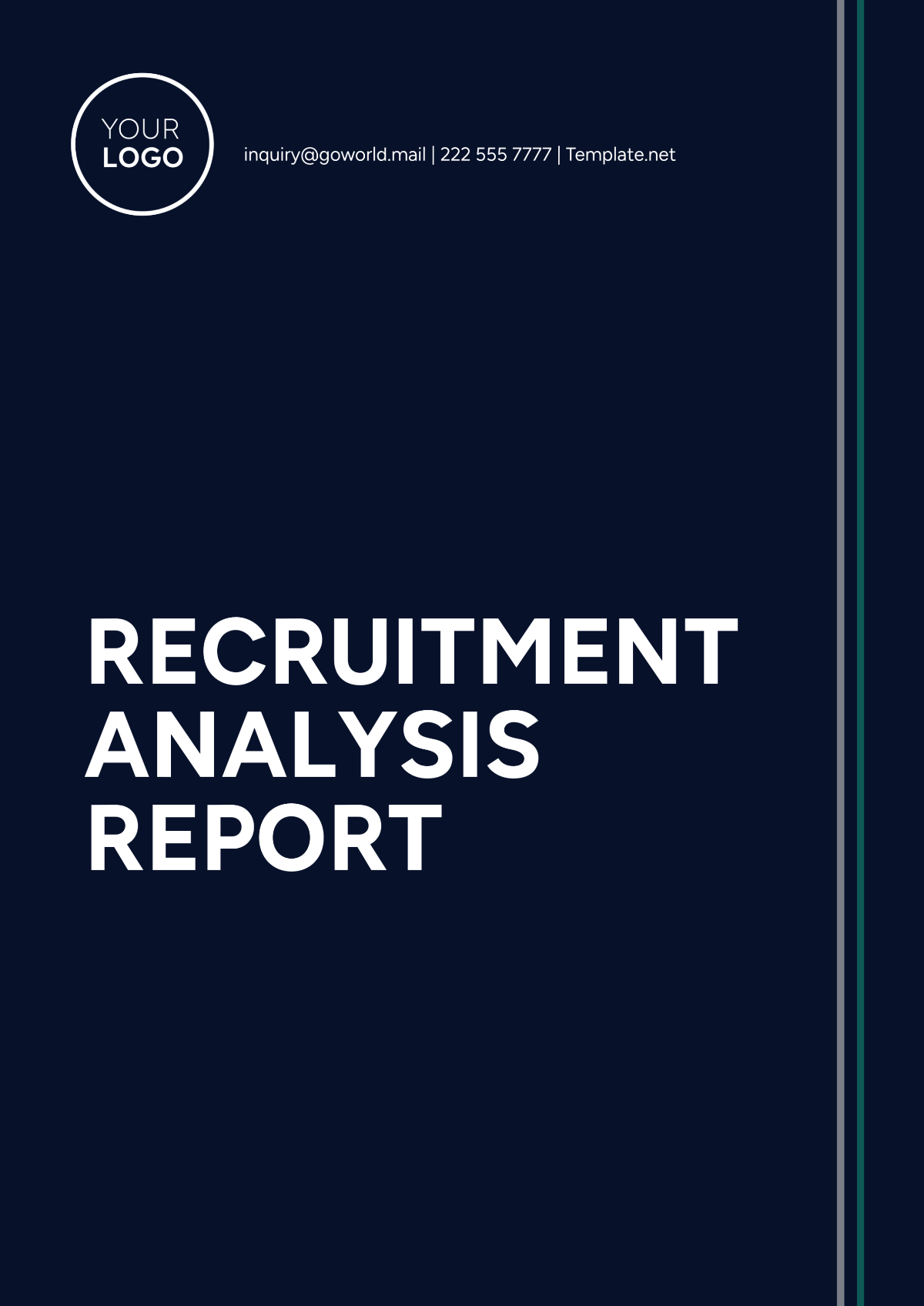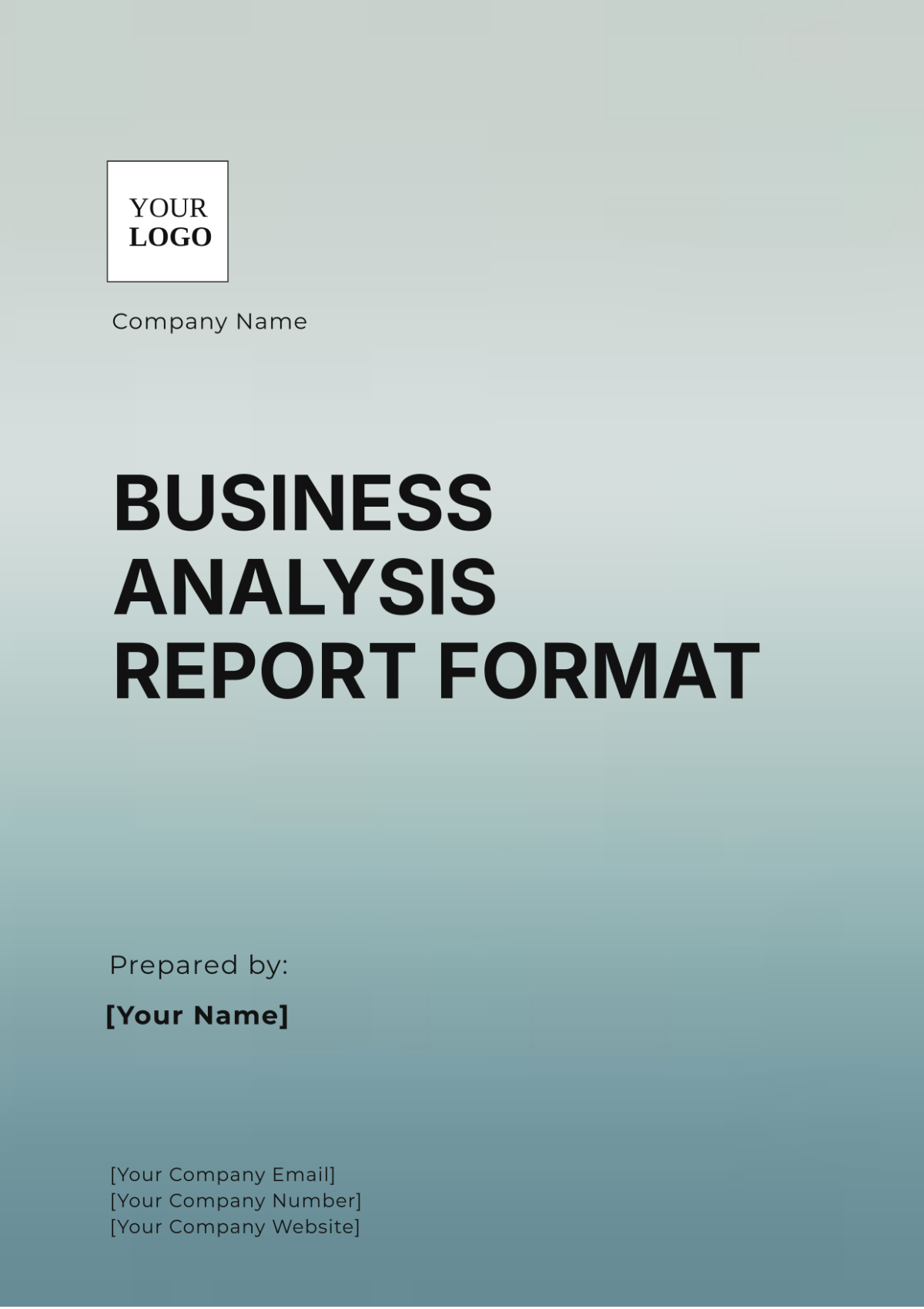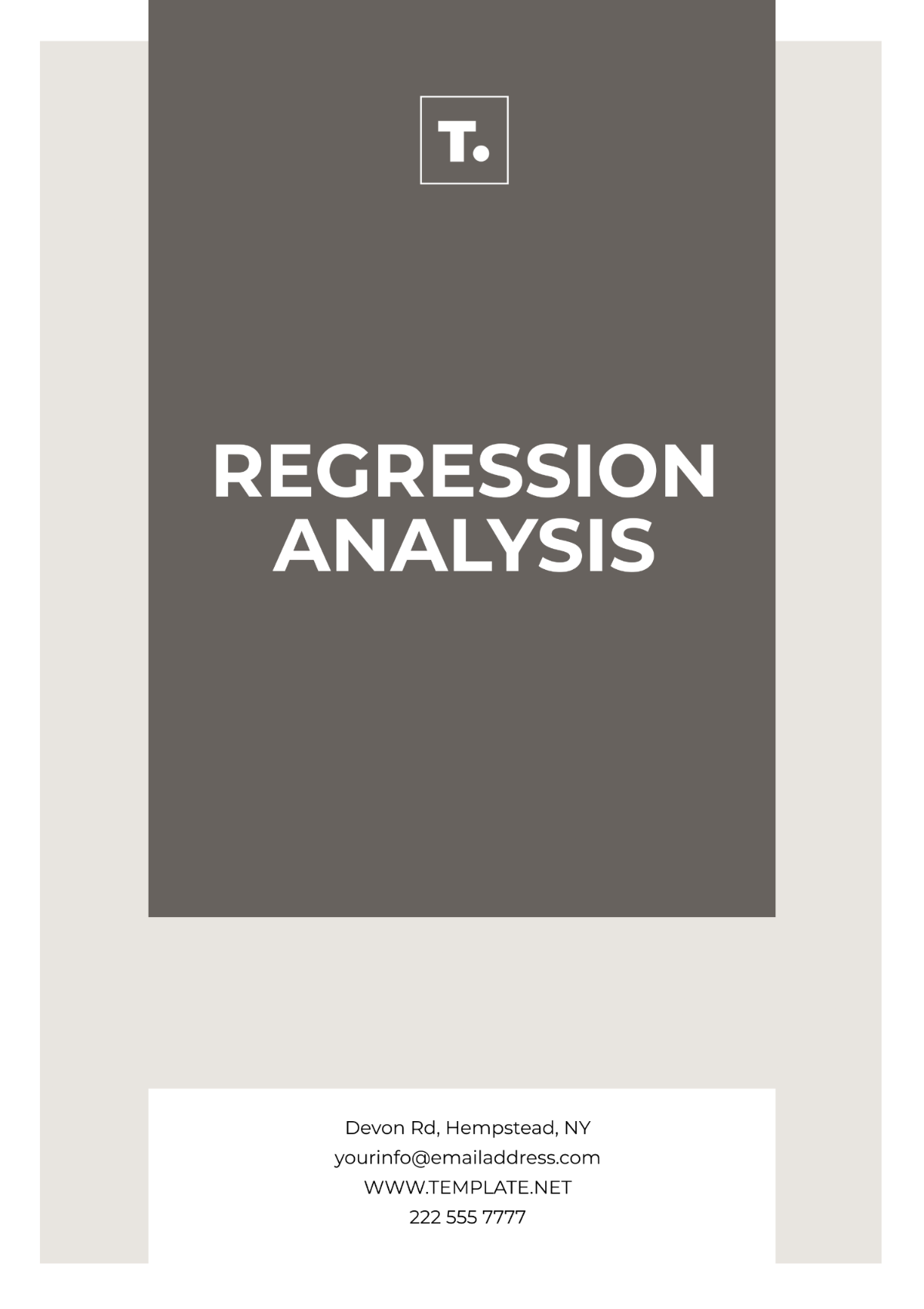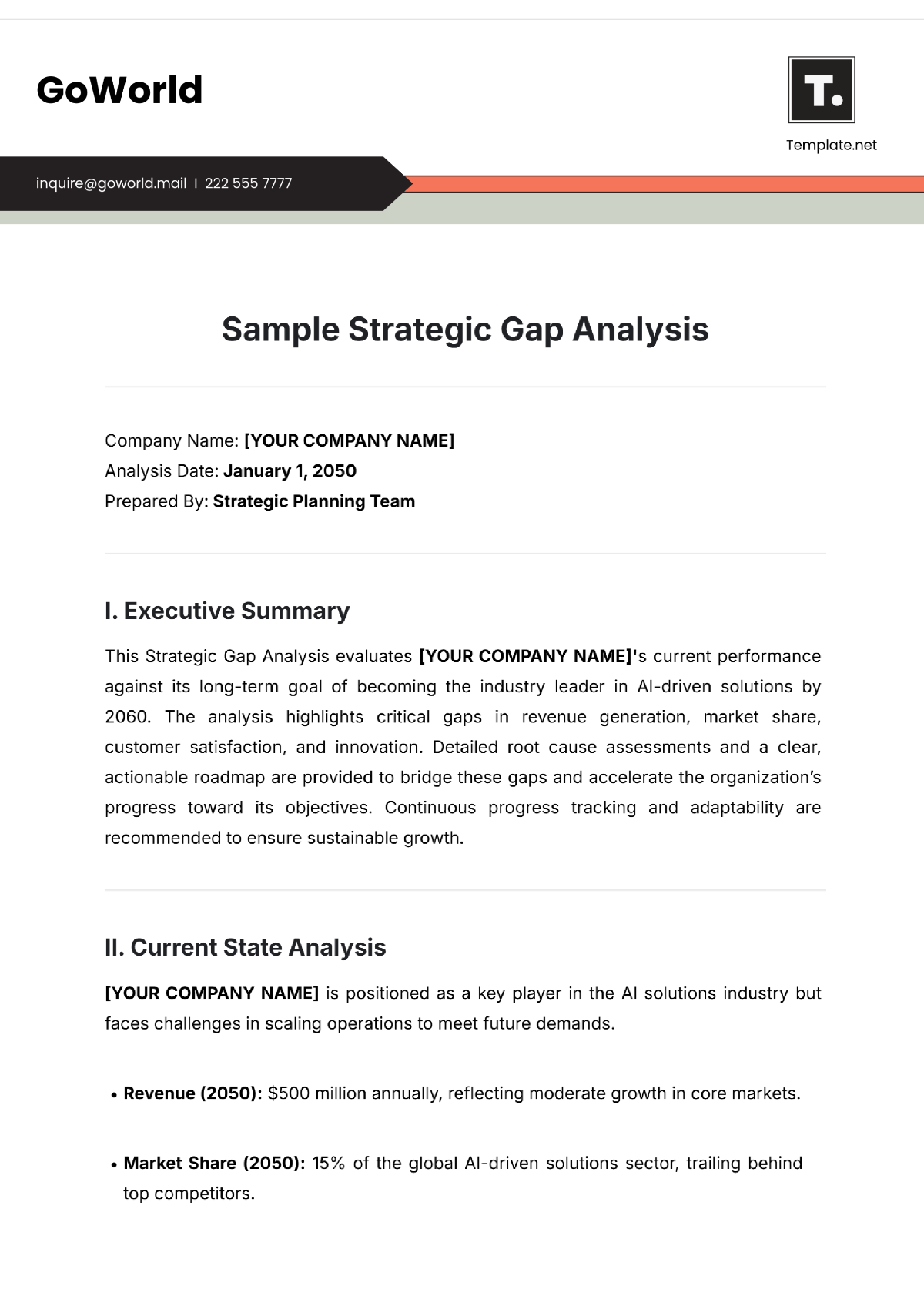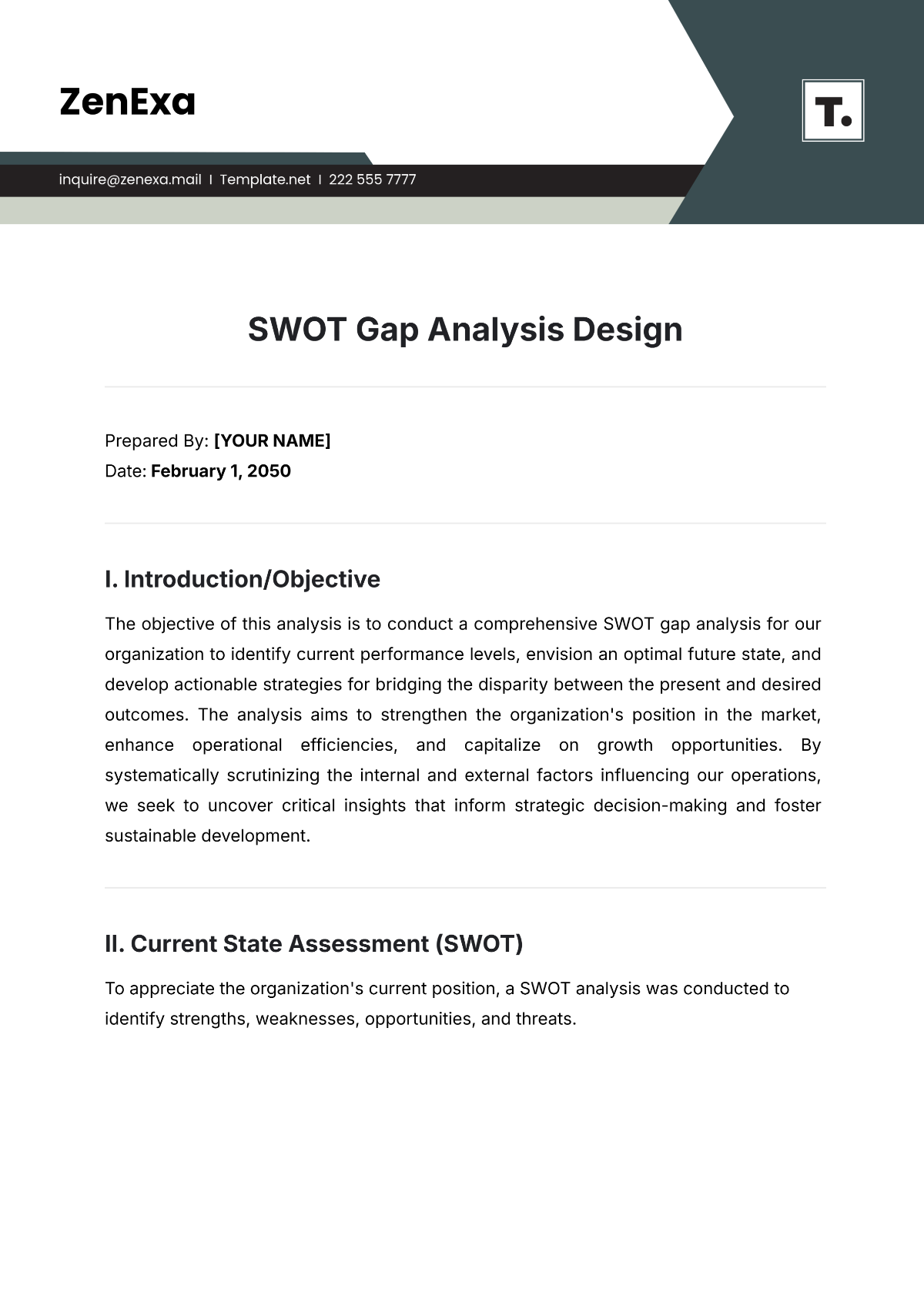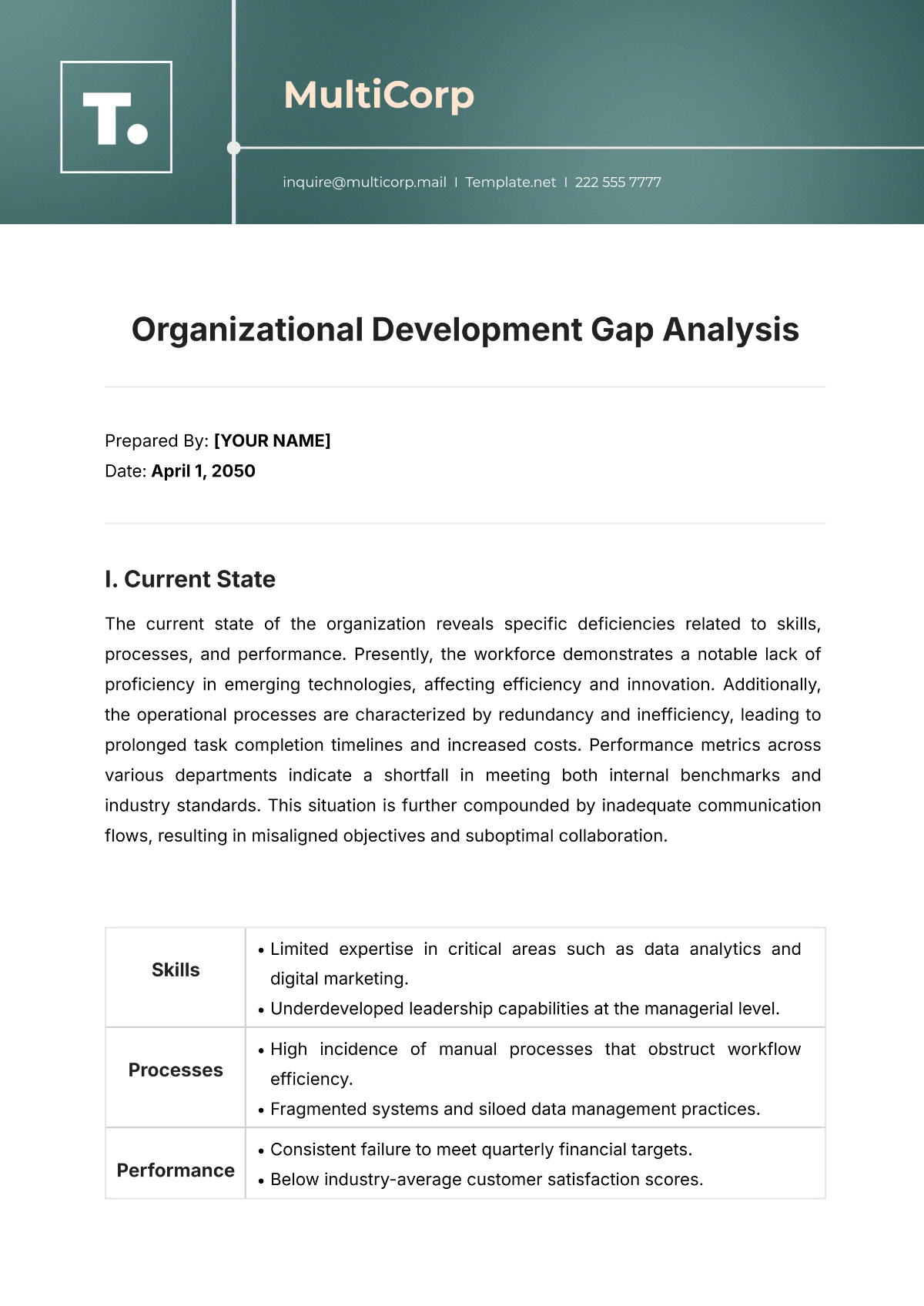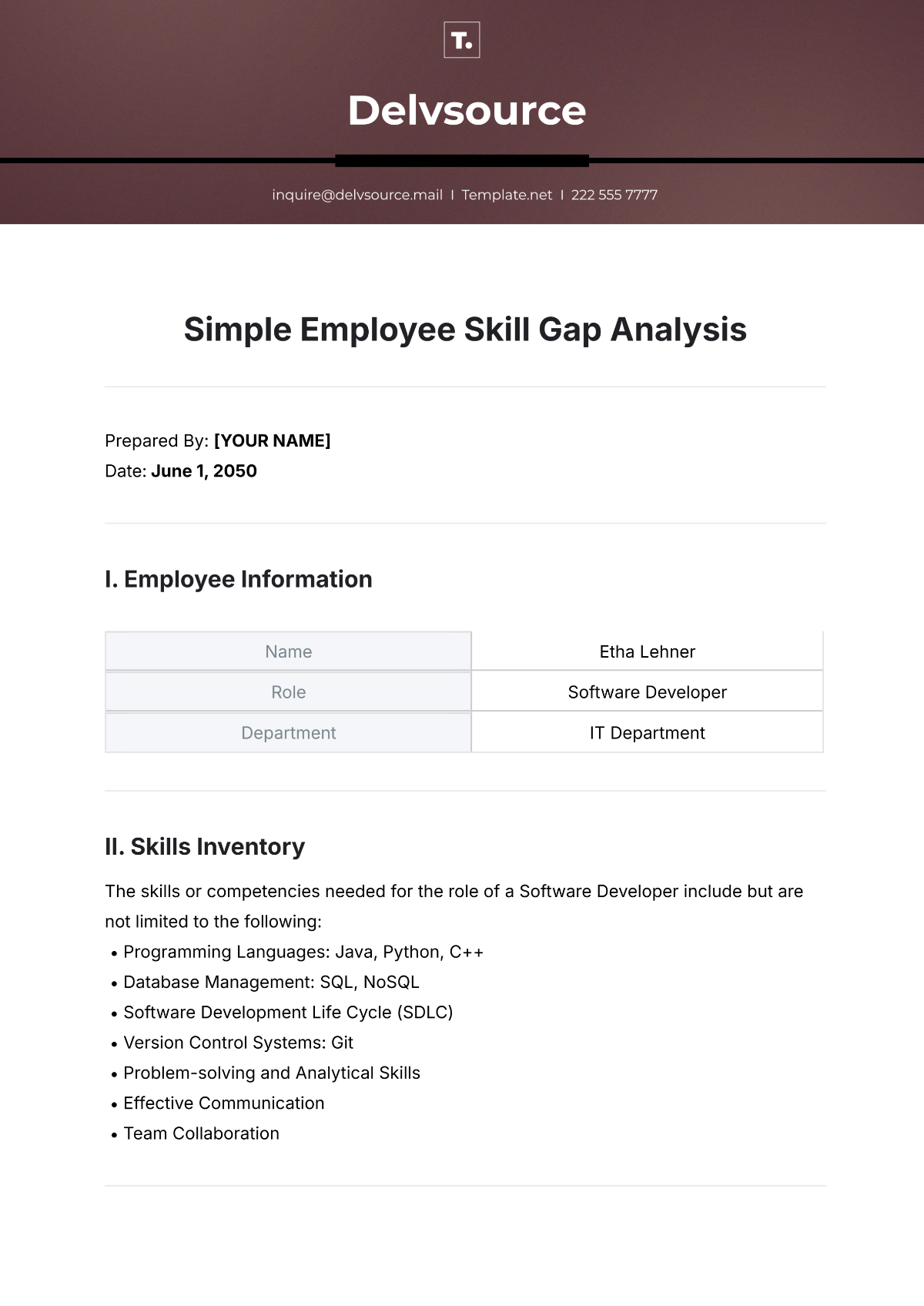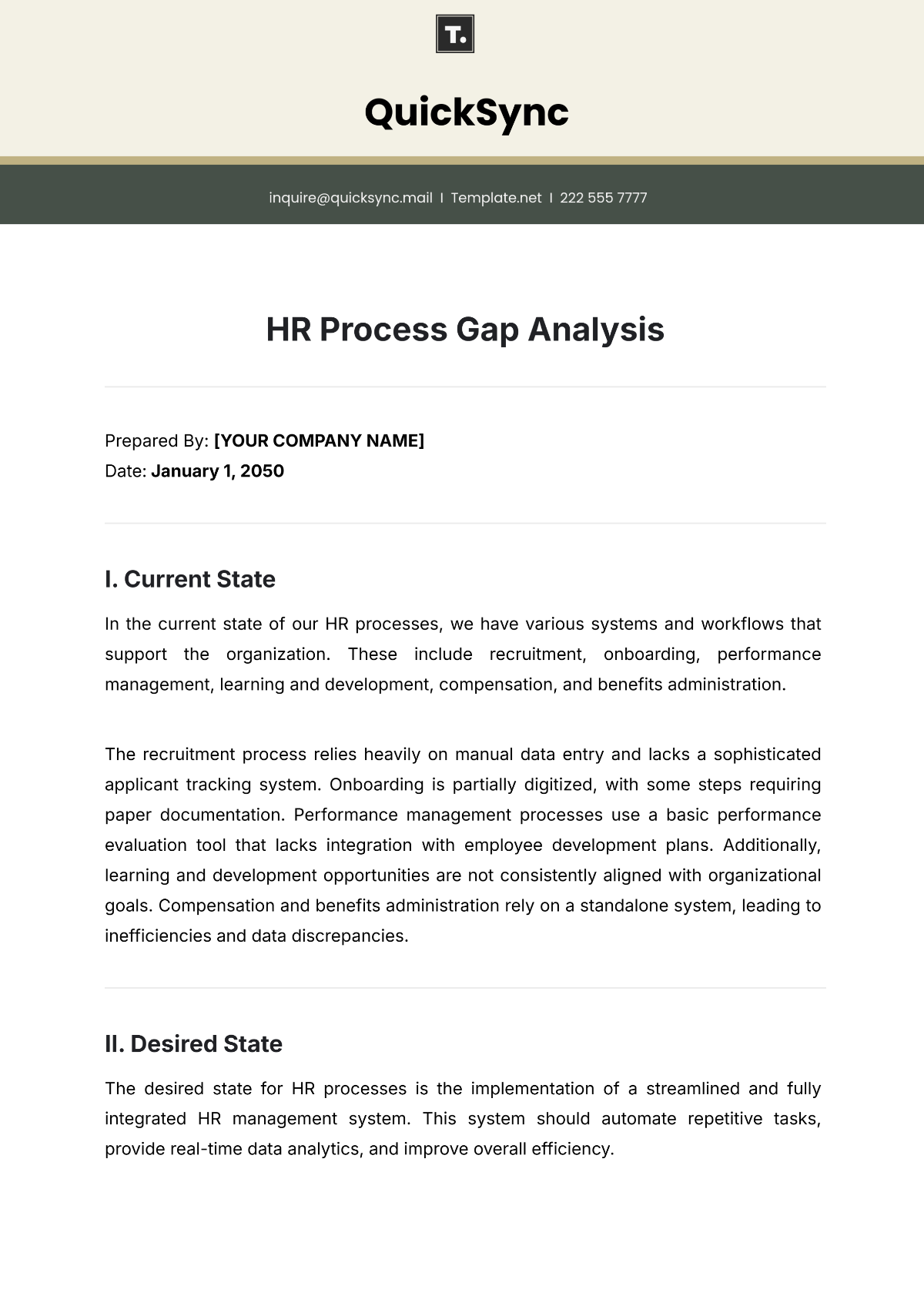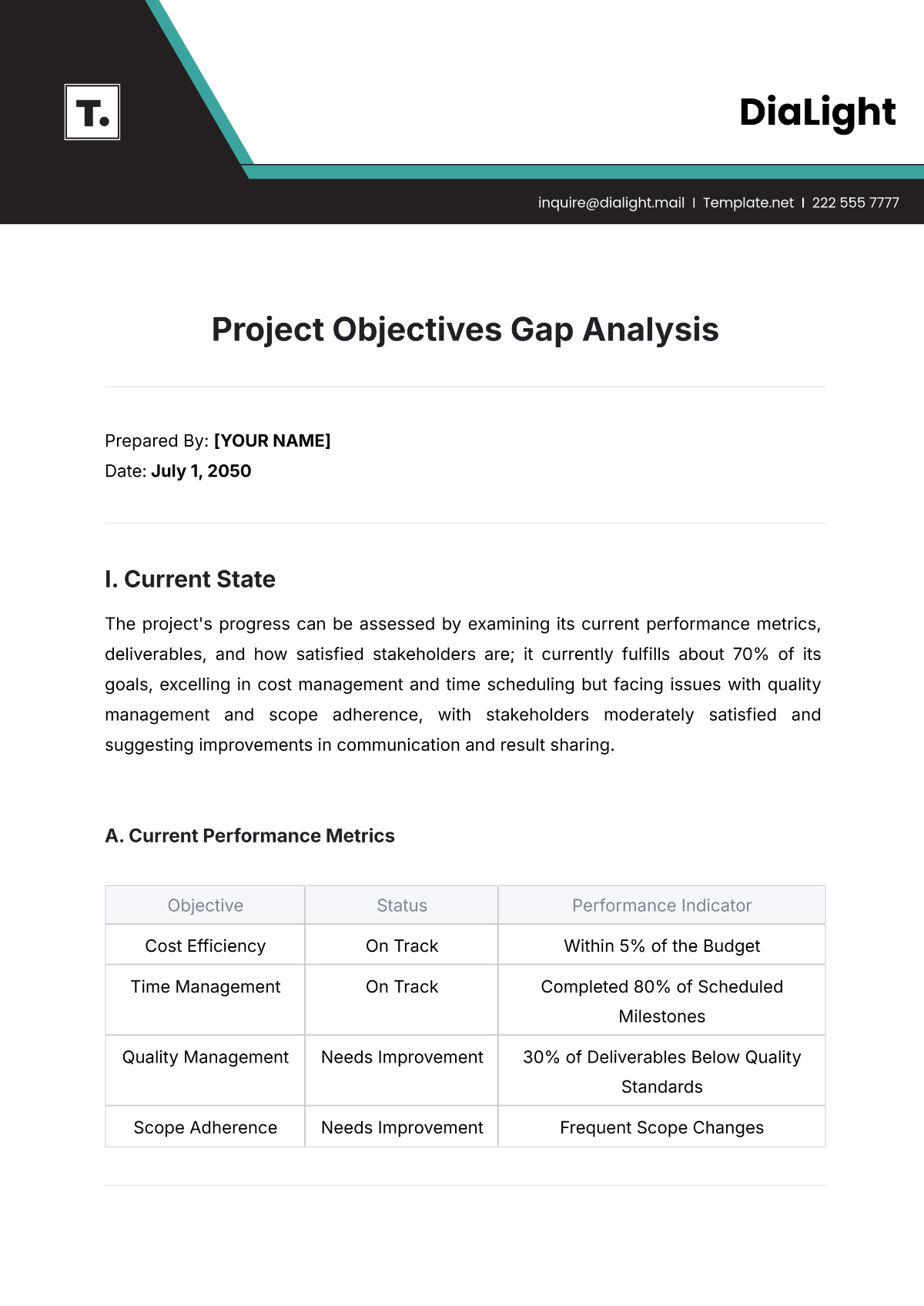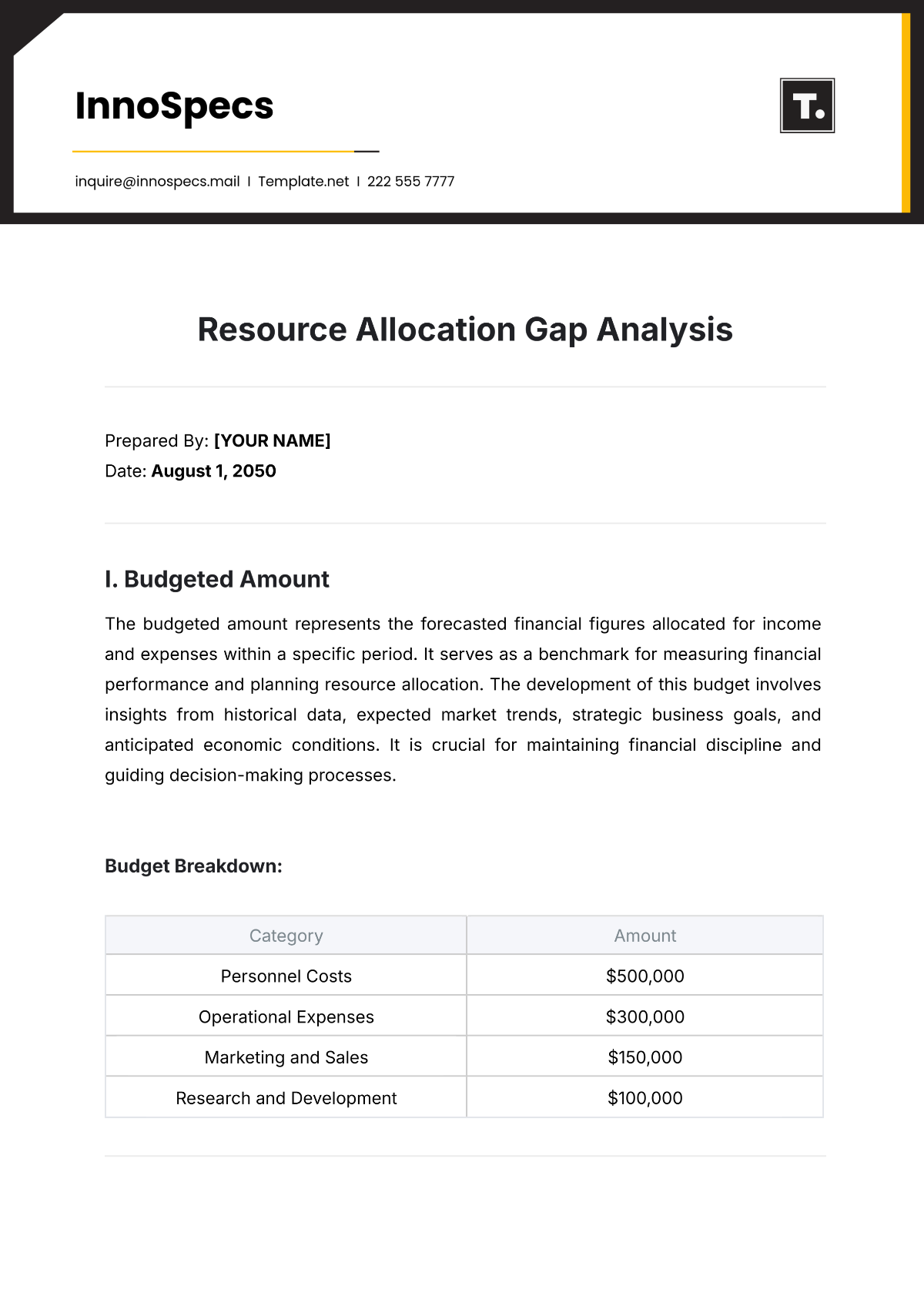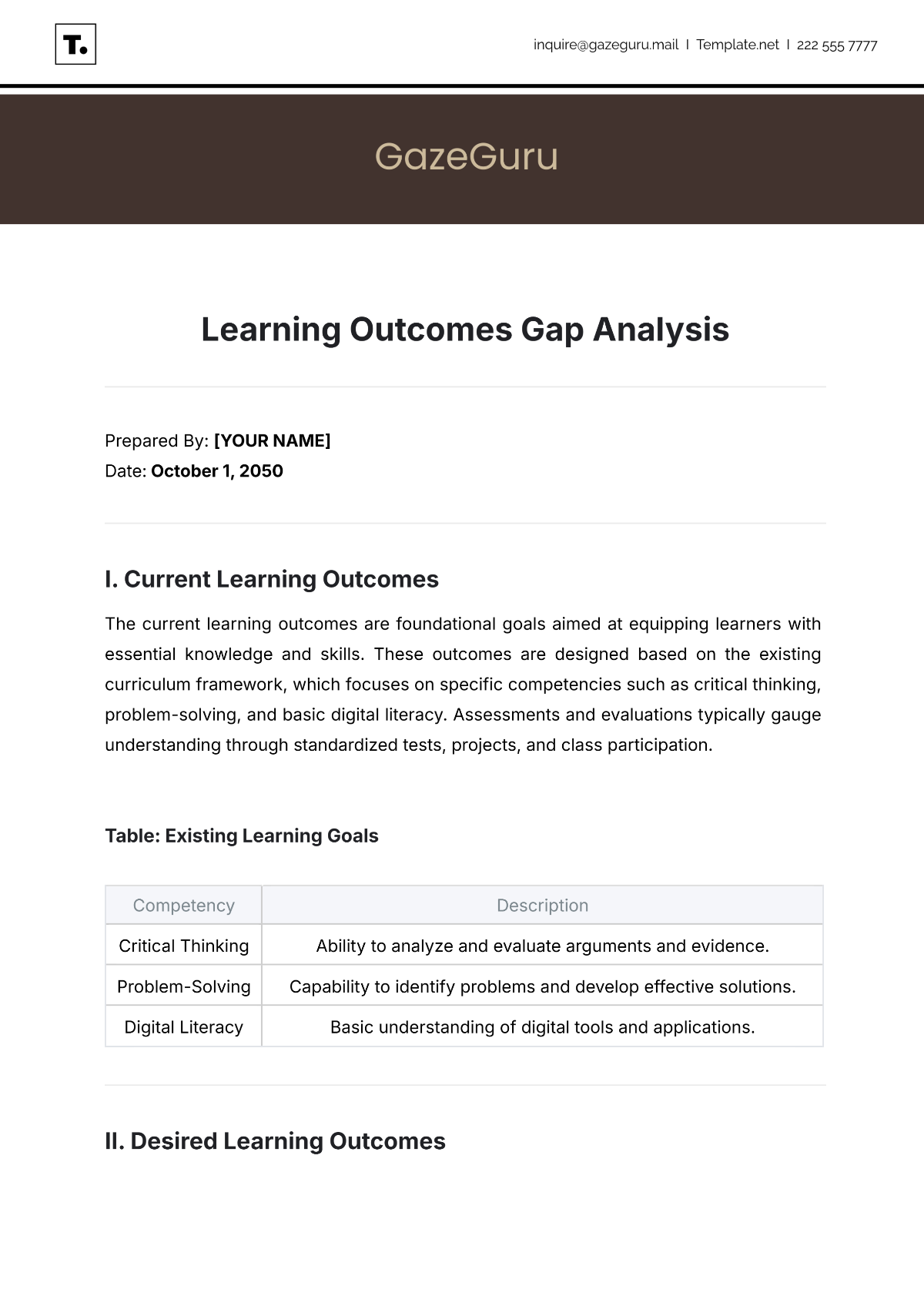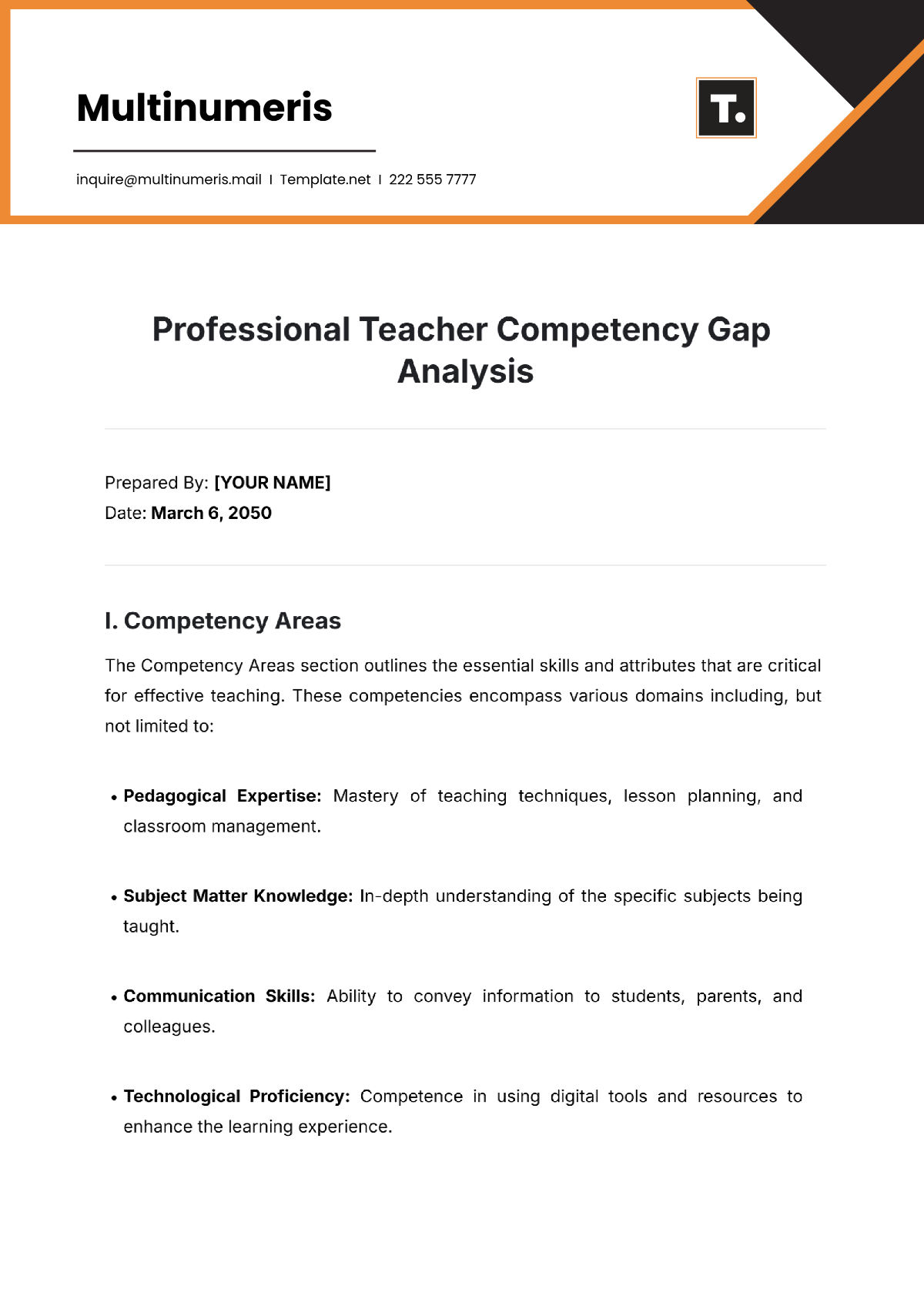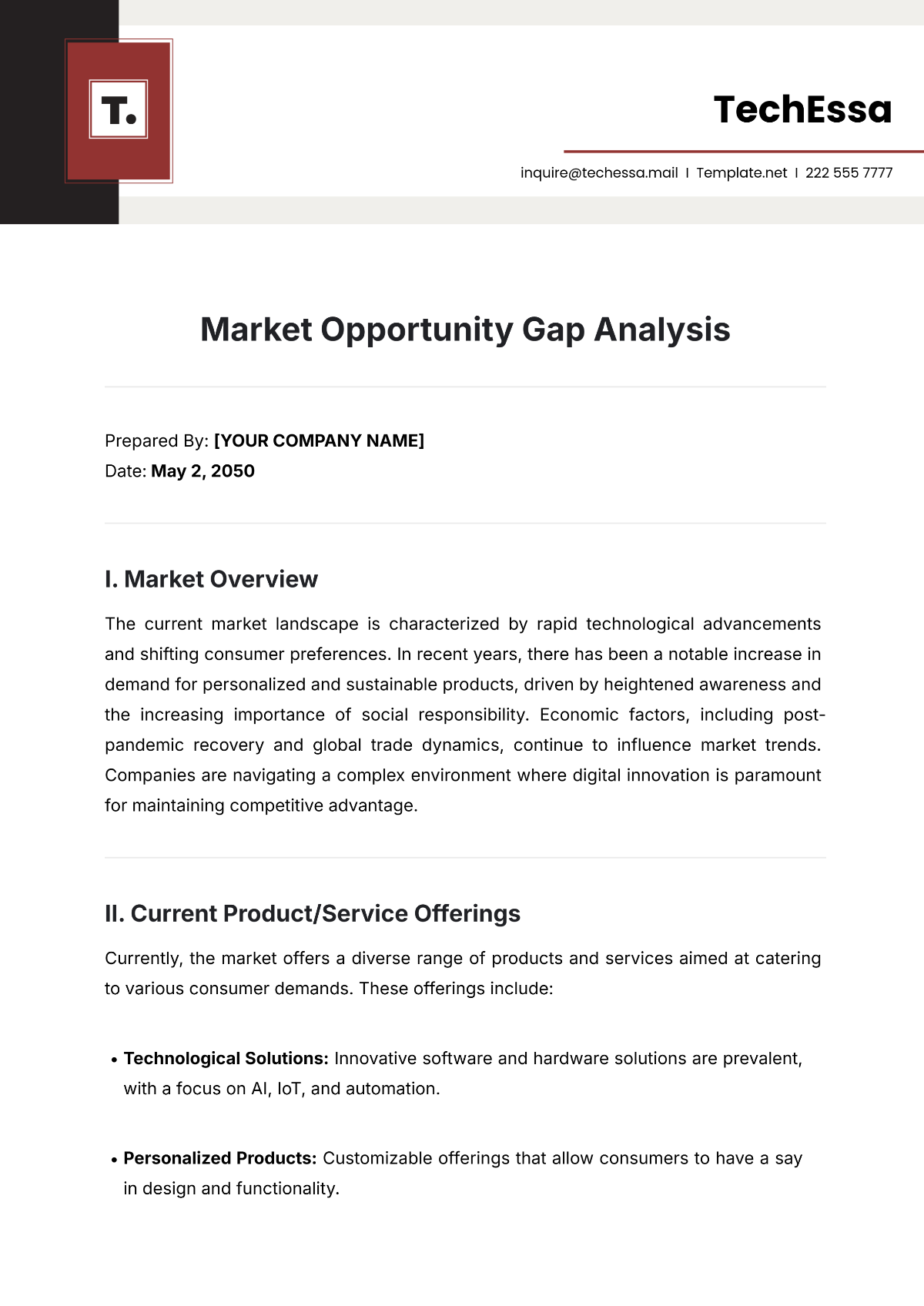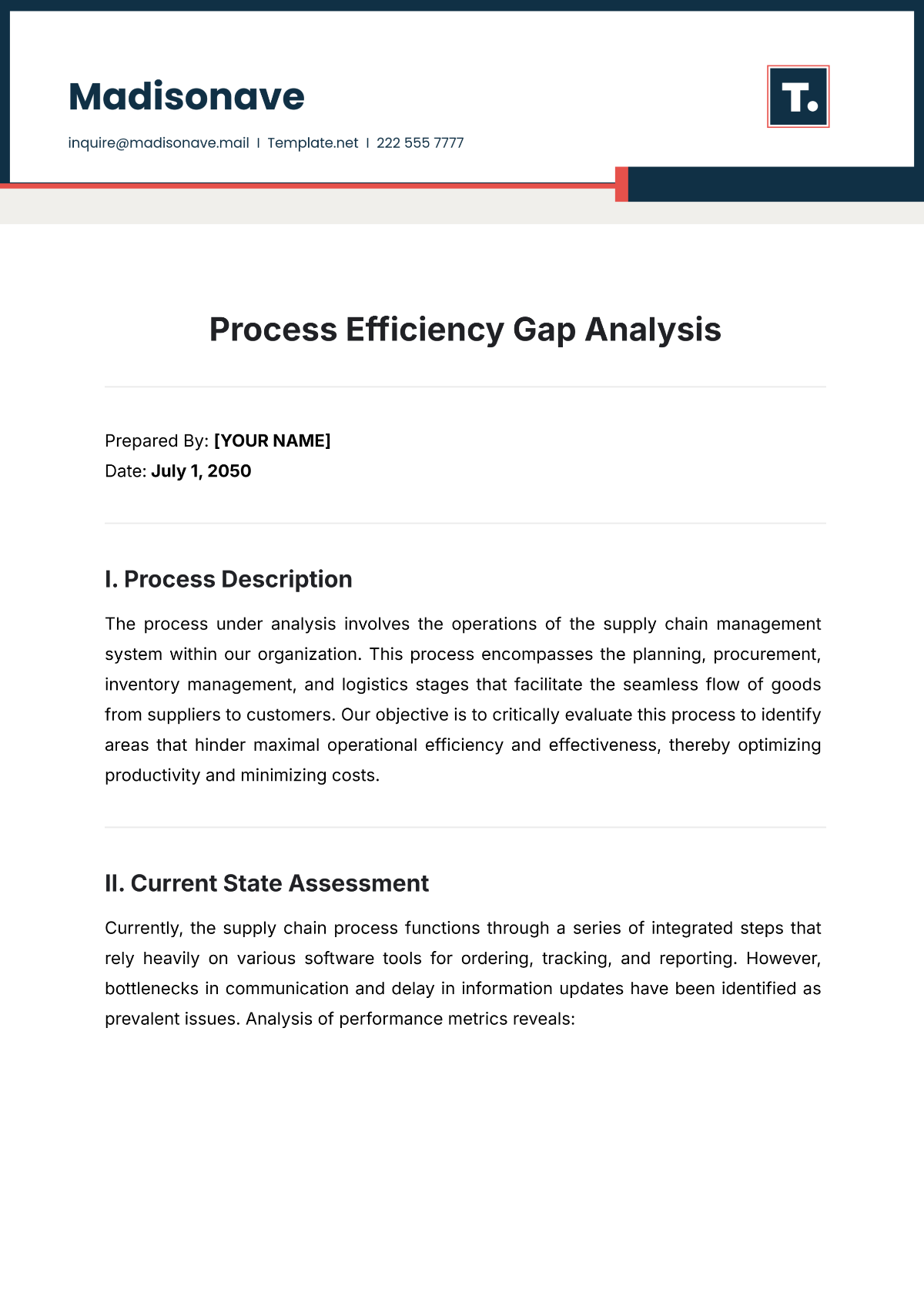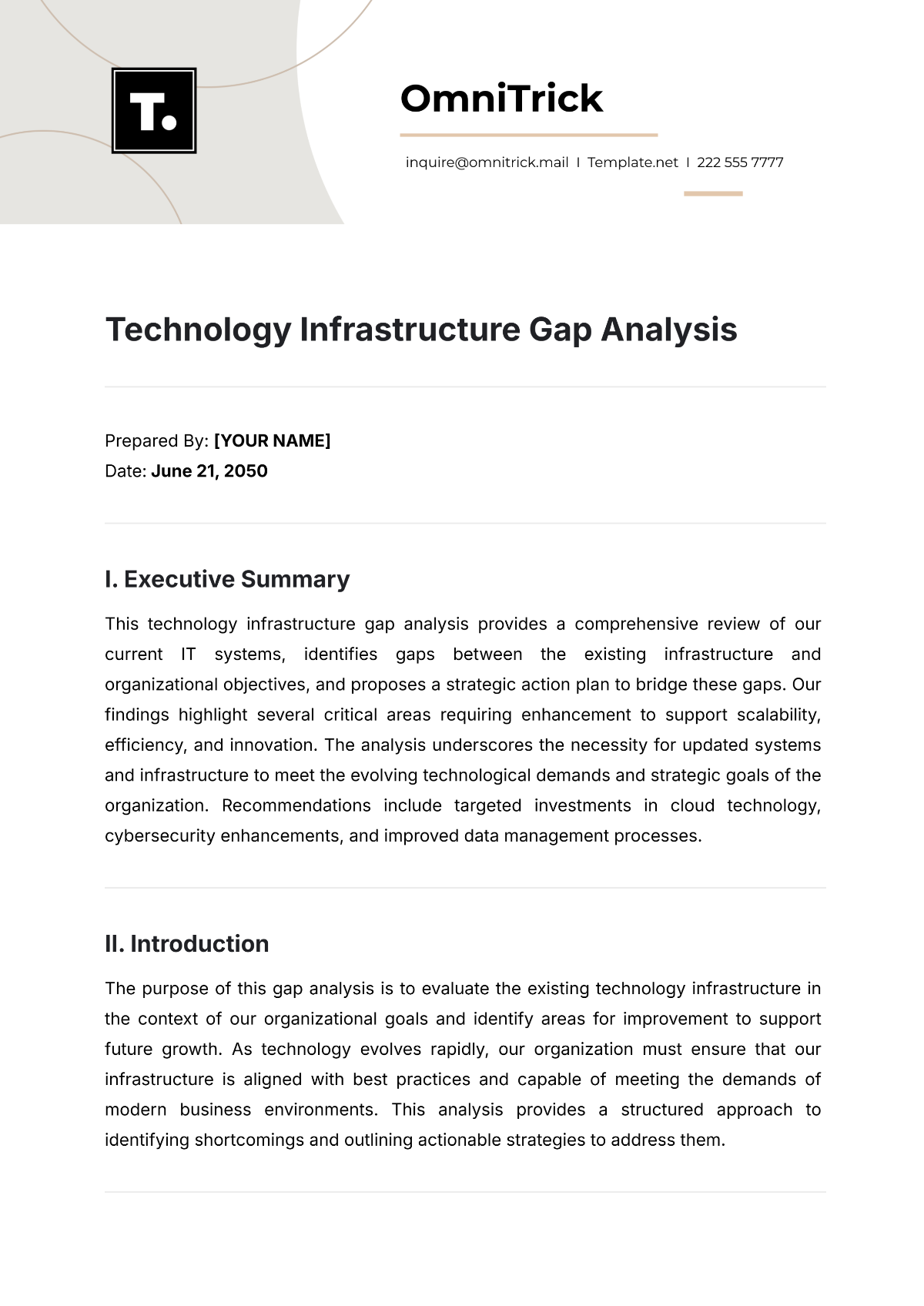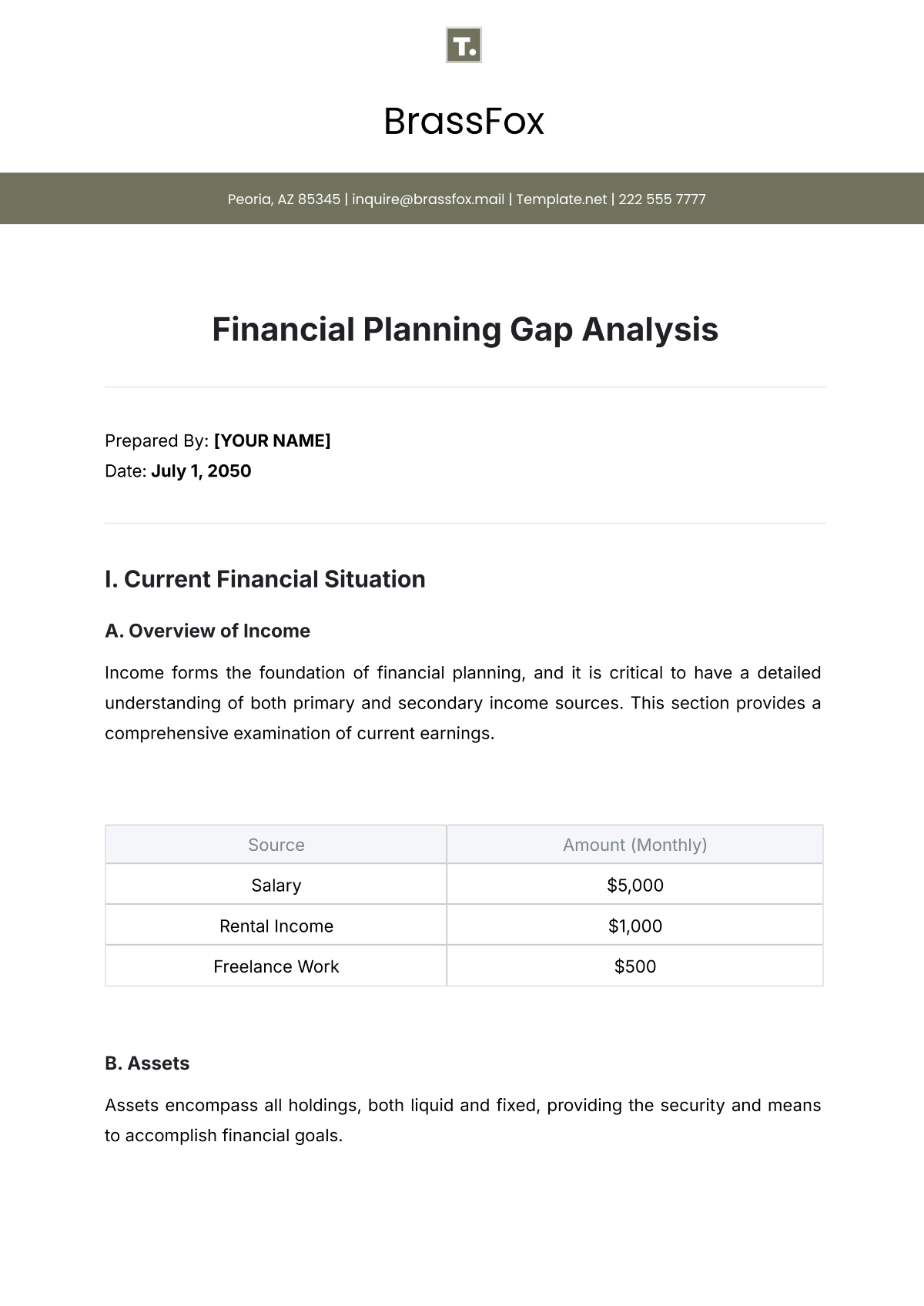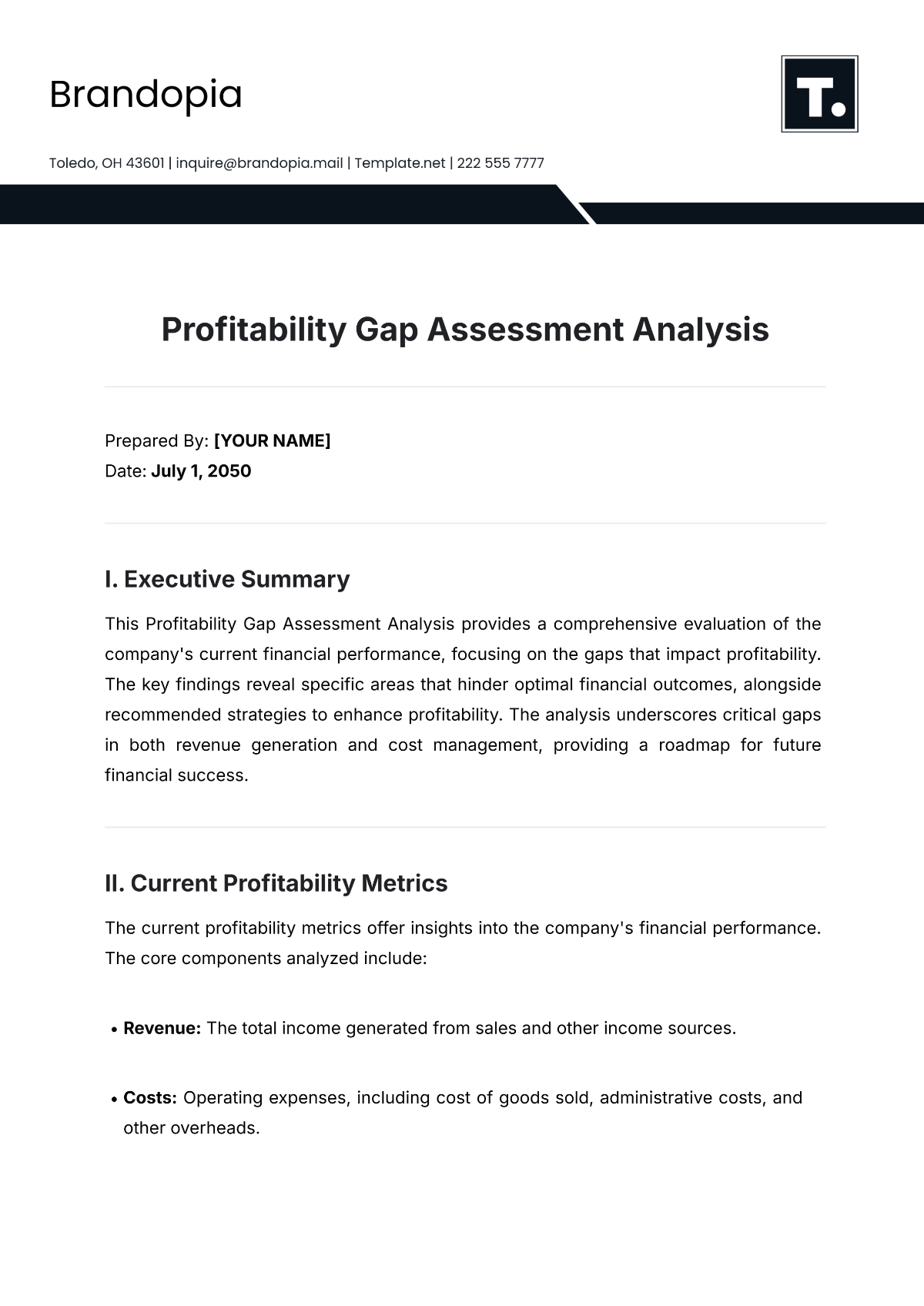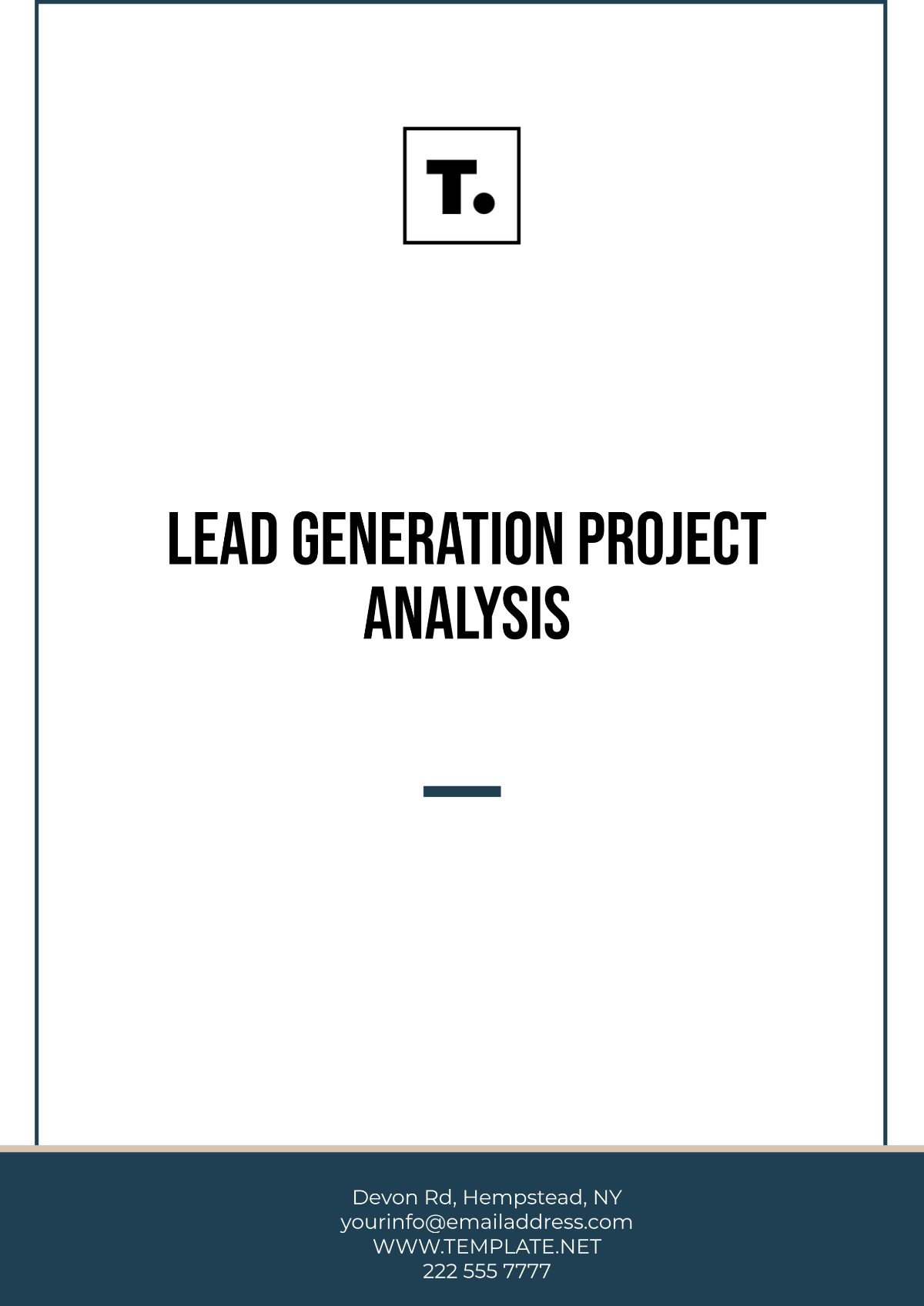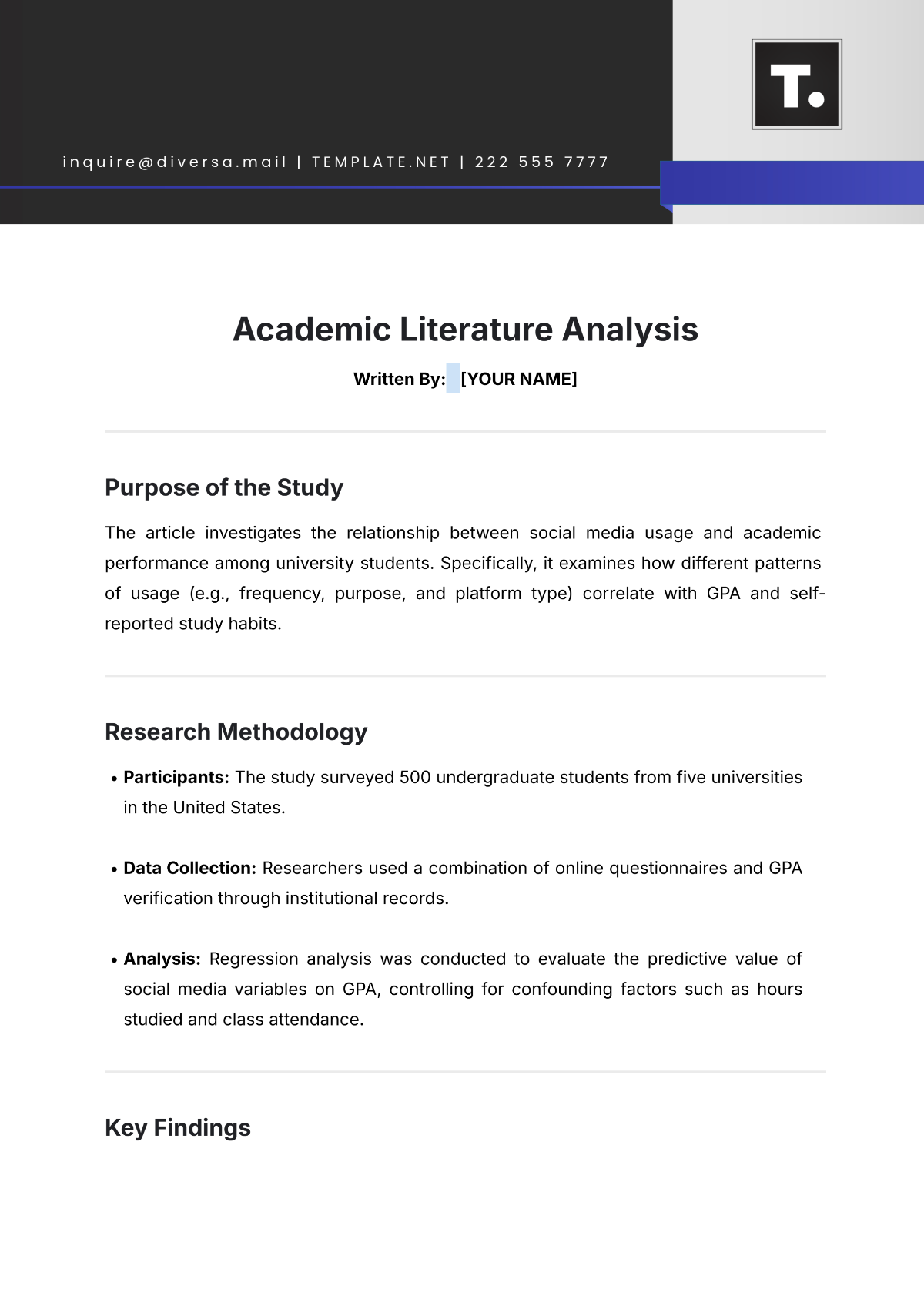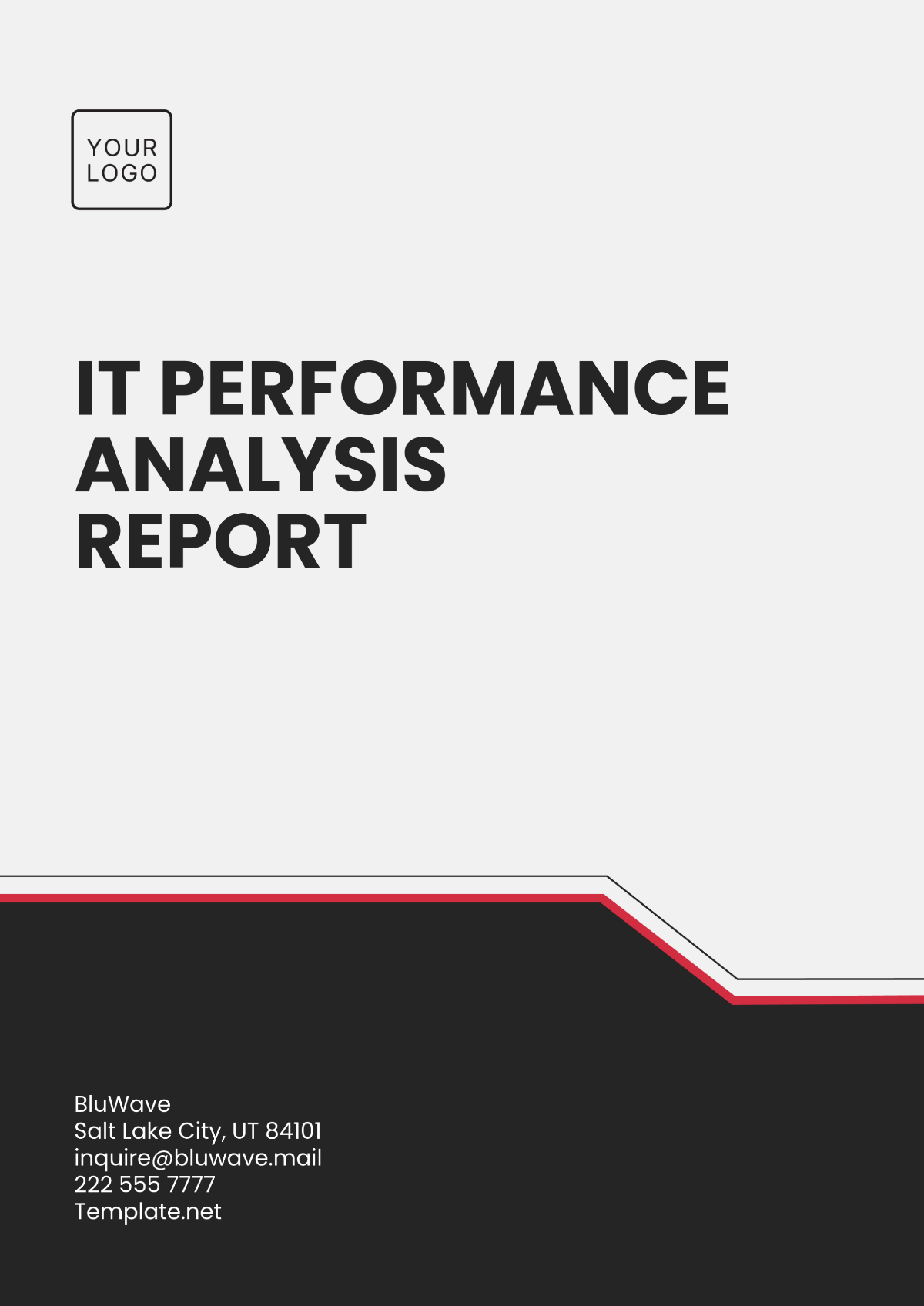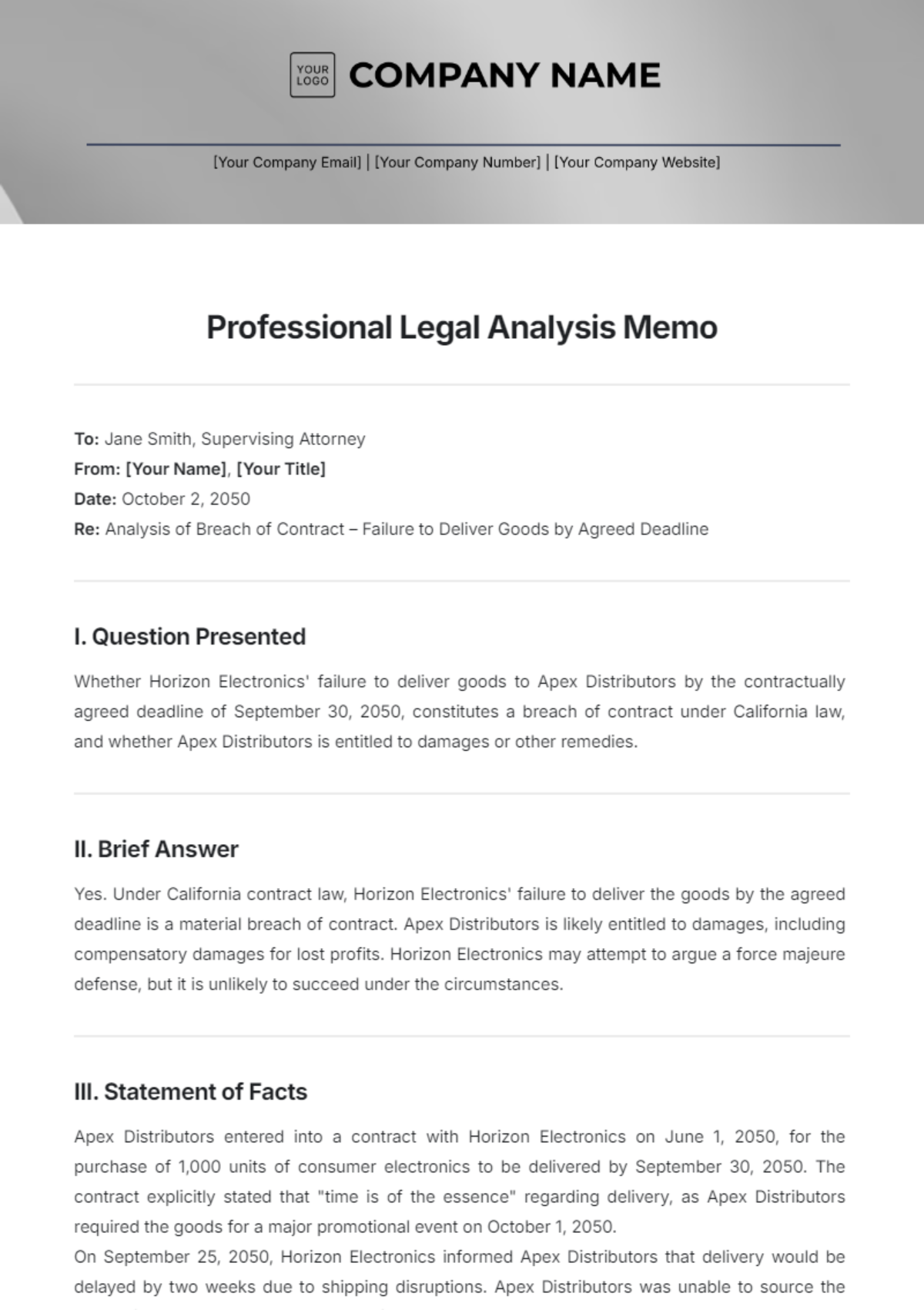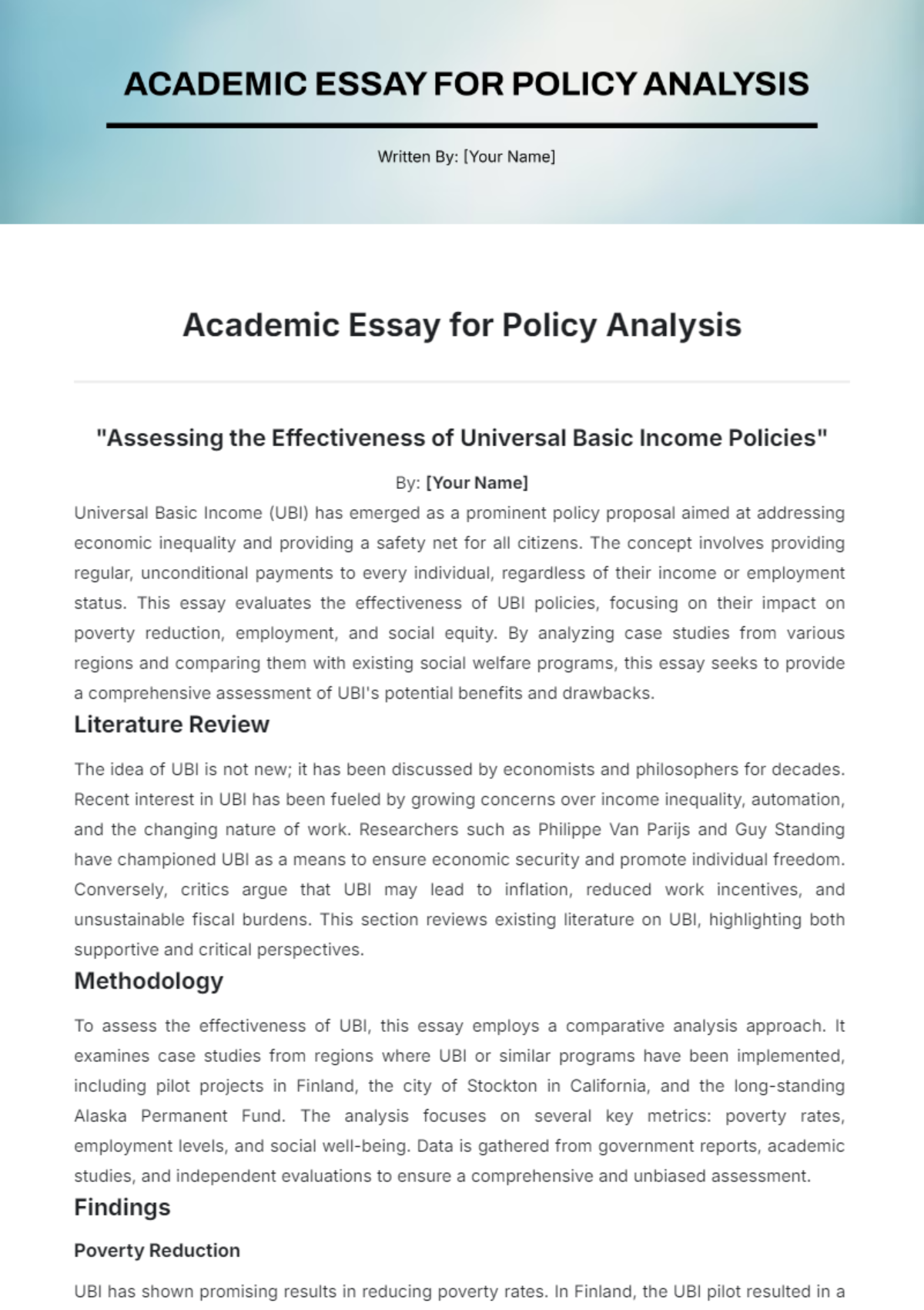Thematic Analysis for Digital Media
Prepared by: [Your Name]
Date: [Date]
1. Introduction
Thematic analysis is a qualitative research method used to identify, analyze, and report patterns (themes) within data. In the context of digital media, thematic analysis can be applied to various forms of digital content including social media posts, digital advertisements, and online news articles. This analysis helps in understanding the underlying themes that characterize digital media and how these themes influence audience perception and engagement.
2. Methodology
2.1. Data Collection
The data for thematic analysis can be collected from various digital media sources, including:
Social Media Platforms: Facebook, Twitter, Instagram
Digital News Outlets: Online newspapers, news websites
Digital Advertising: Banner ads, sponsored content
User-Generated Content: Blogs, forums, reviews
Data collection involves:
Selecting Data Sources: Choosing platforms or types of digital media based on research objectives.
Gathering Data: Using web scraping tools, API access, or manual collection methods.
Organizing Data: Categorizing data into manageable sets for analysis.
2.2. Data Analysis
Familiarization with Data: Immersing in the data to gain an understanding of the content and context.
Generating Initial Codes: Identifying and coding significant features of the data.
Searching for Themes: Grouping codes into potential themes.
Reviewing Themes: Refining themes to ensure they accurately represent the data.
Defining and Naming Themes: Clearly defining what each theme represents.
Writing the Report: Presenting the analysis in a structured format.
3. Thematic Analysis of Digital Media
3.1. Major Themes Identified
A. User Engagement and Interaction
Digital media has transformed user engagement through:
Interactive Content: Quizzes, polls, and interactive infographics.
User Comments and Feedback: Platforms facilitating user interaction through comments and reviews.
Social Sharing: Users sharing content across social media platforms.
B. Content Personalization
Personalization in digital media includes:
Algorithmic Recommendations: Content tailored to user preferences through algorithms.
Targeted Advertising: Ads based on user behavior and demographics.
Customized User Experiences: Personalized content delivery based on user data.
C. Impact of Digital Media on Public Perception
Digital media influences public perception through:
Framing and Agenda Setting: How media frames issues affects public opinion.
Misinformation and Disinformation: Spread of false information affecting perceptions.
Influencer Impact: Influencers shaping trends and opinions.
4. Emerging Trends in Digital Media
4.1. Artificial Intelligence and Machine Learning
AI-Driven Content Creation: Algorithms generating articles, social media posts, and ads.
Personalized Recommendations: AI used to refine content suggestions based on user behavior.
Automated Moderation: AI tools for monitoring and moderating user-generated content.
4.2. Virtual and Augmented Reality
Immersive Experiences: Use of VR and AR to create engaging digital experiences.
Interactive Advertising: AR ads allowing users to interact with products in a virtual space.
Virtual Events: Hosting events in virtual environments.
5. Challenges and Considerations
5.1. Privacy and Data Security
Data Collection Concerns: Issues related to user data collection and privacy.
Regulatory Compliance: Adherence to data protection laws and regulations.
User Consent: Ensuring informed consent for data collection and use.
5.2. Ethical Considerations
Content Authenticity: Ensuring content is truthful and not misleading.
Influencer Transparency: Disclosing paid promotions and sponsorships.
Impact on Mental Health: Addressing the effects of digital media on mental health.
6. Conclusion
Thematic analysis of digital media reveals significant themes such as user engagement, content personalization, and the impact on public perception. By incorporating emerging trends, challenges, and ethical considerations, this analysis provides a holistic view of the current digital media landscape. Understanding these aspects is crucial for digital media practitioners and researchers to navigate the evolving digital environment and address the complexities of modern media interactions.
Through thematic analysis, stakeholders can gain deeper insights into digital media dynamics, improve strategies for engaging with audiences, and address ethical and regulatory concerns effectively.
